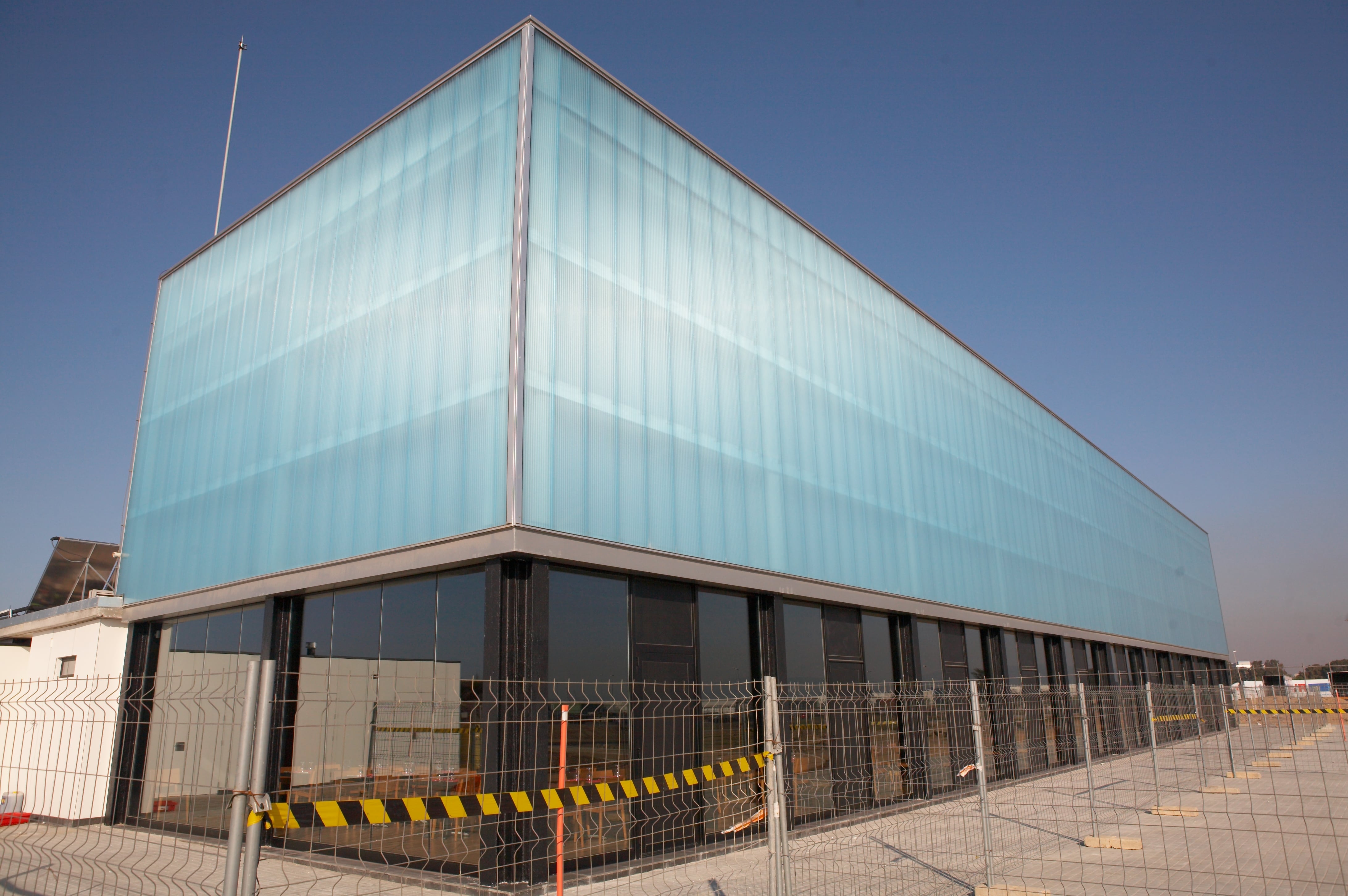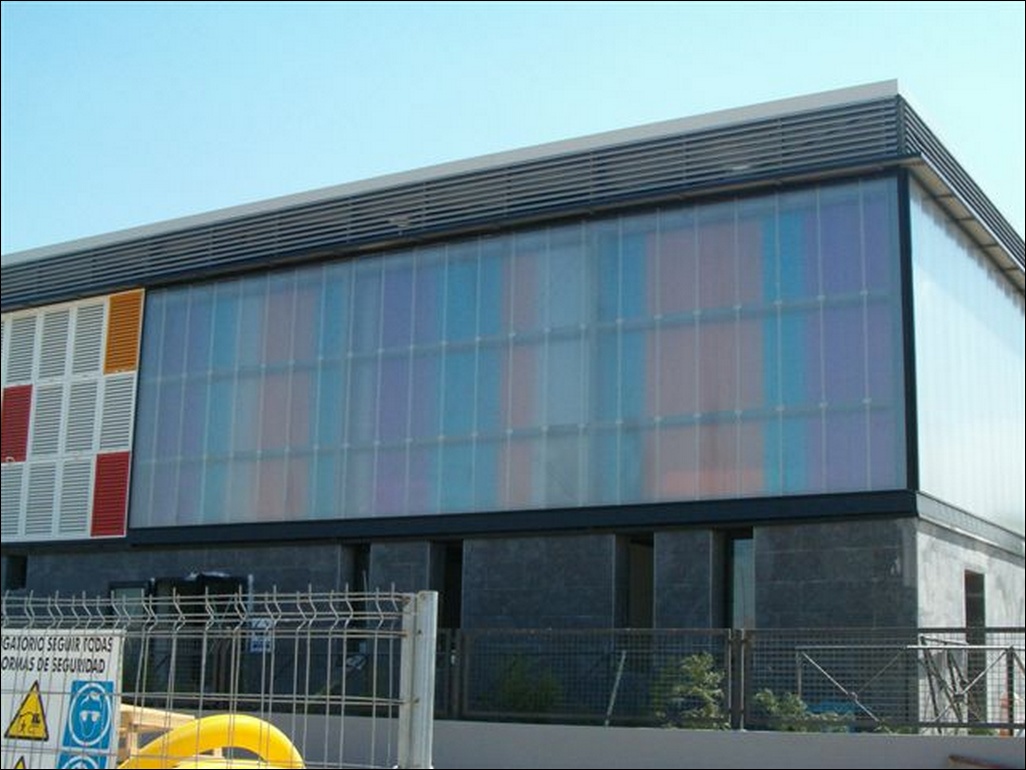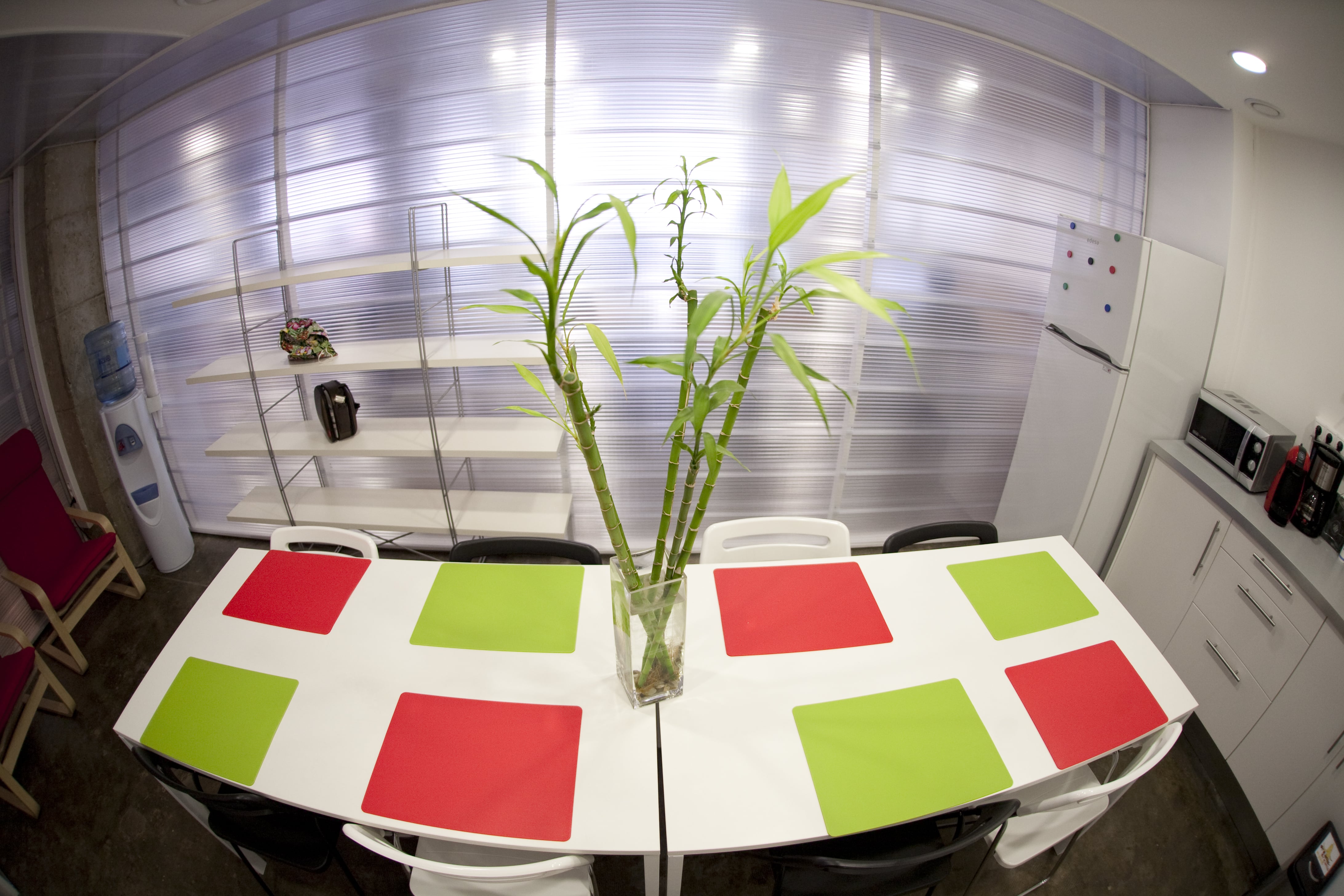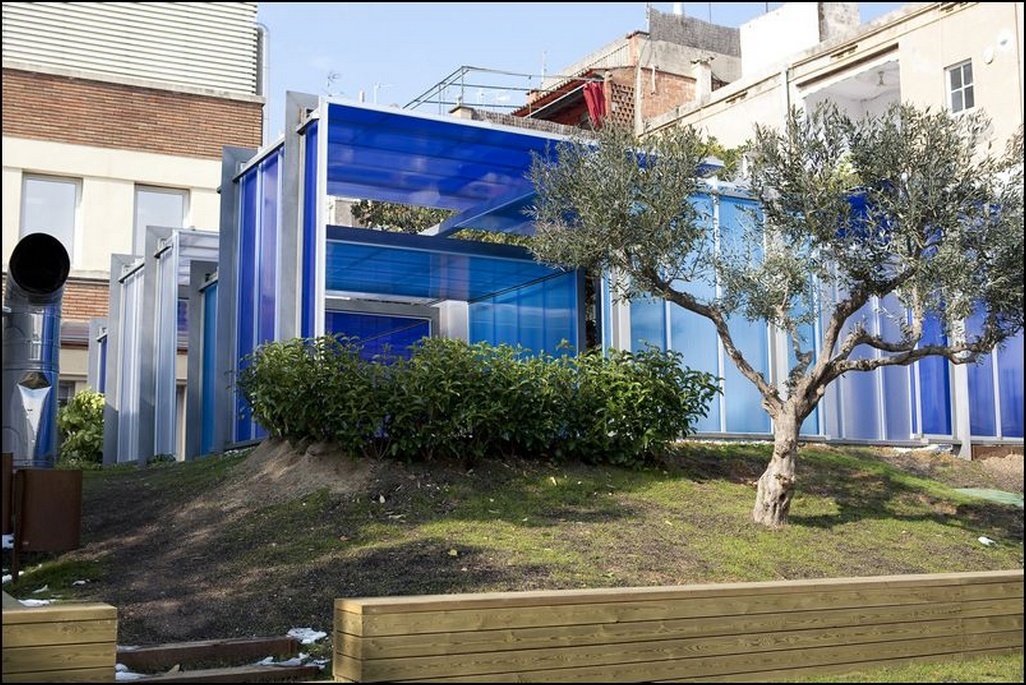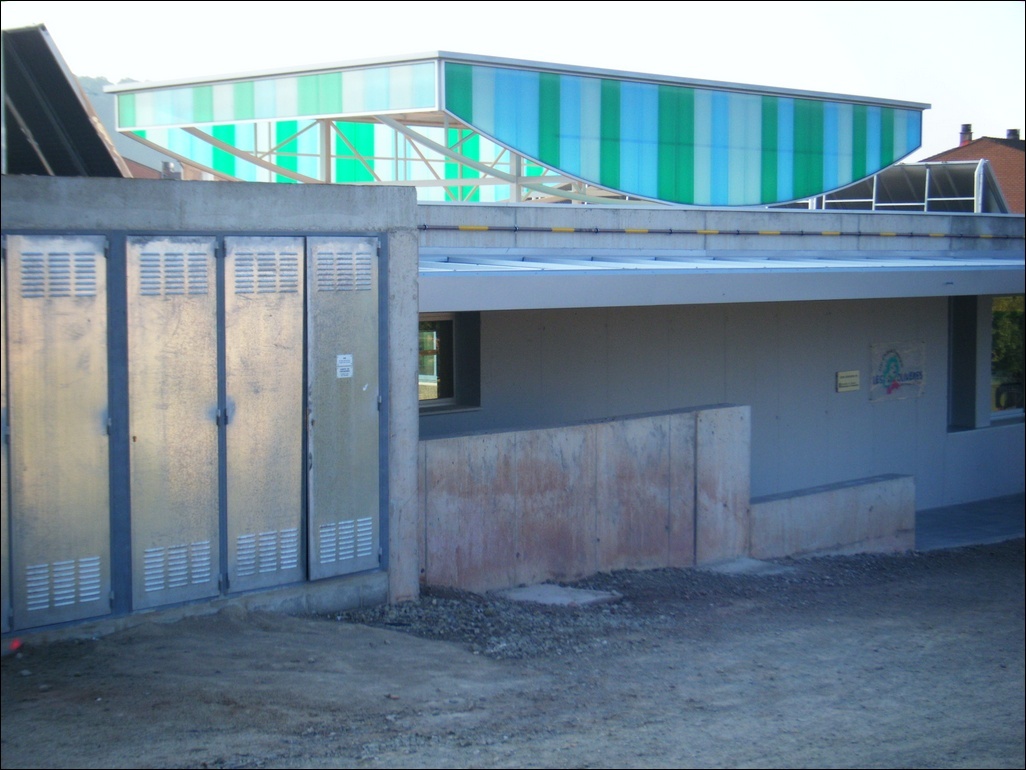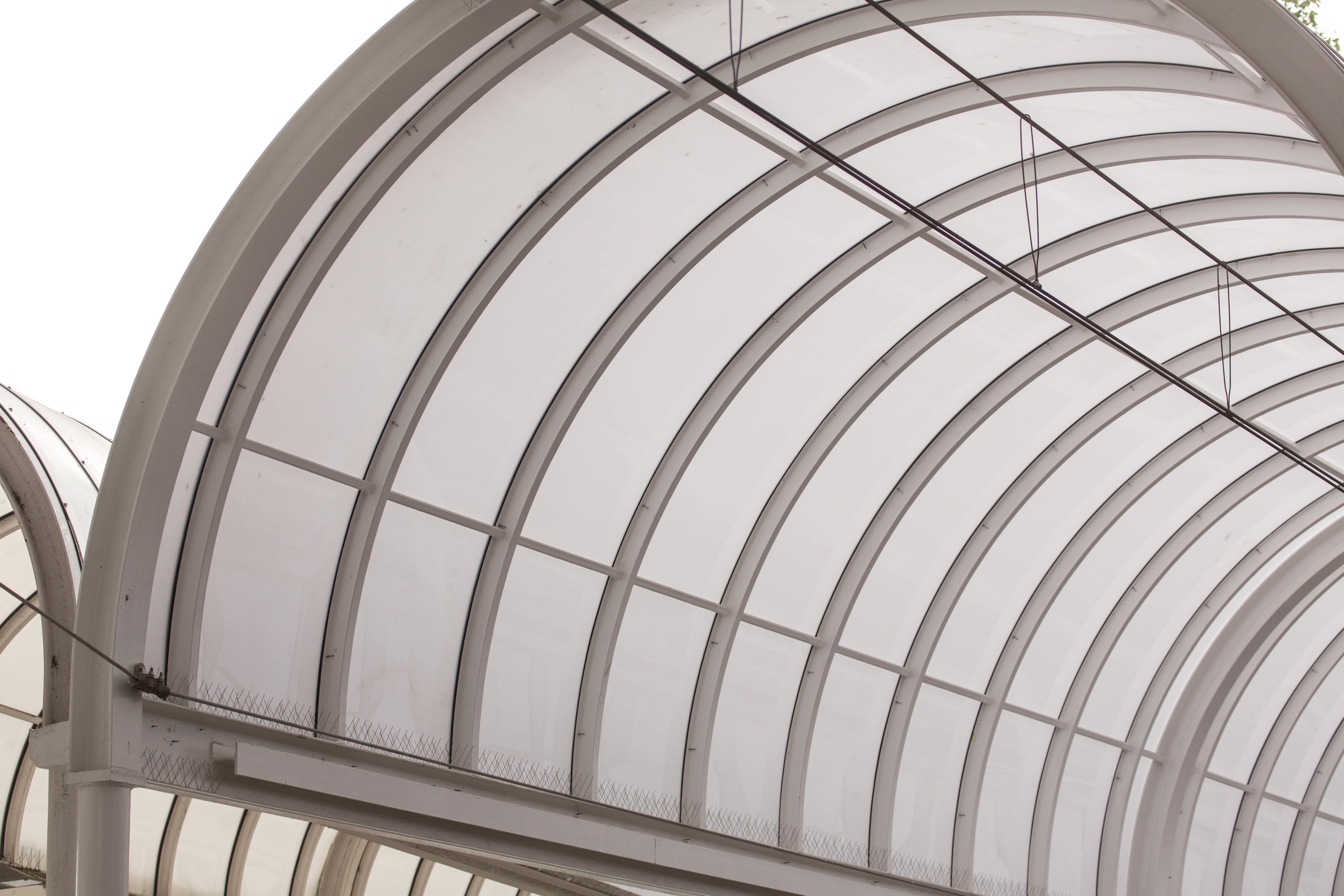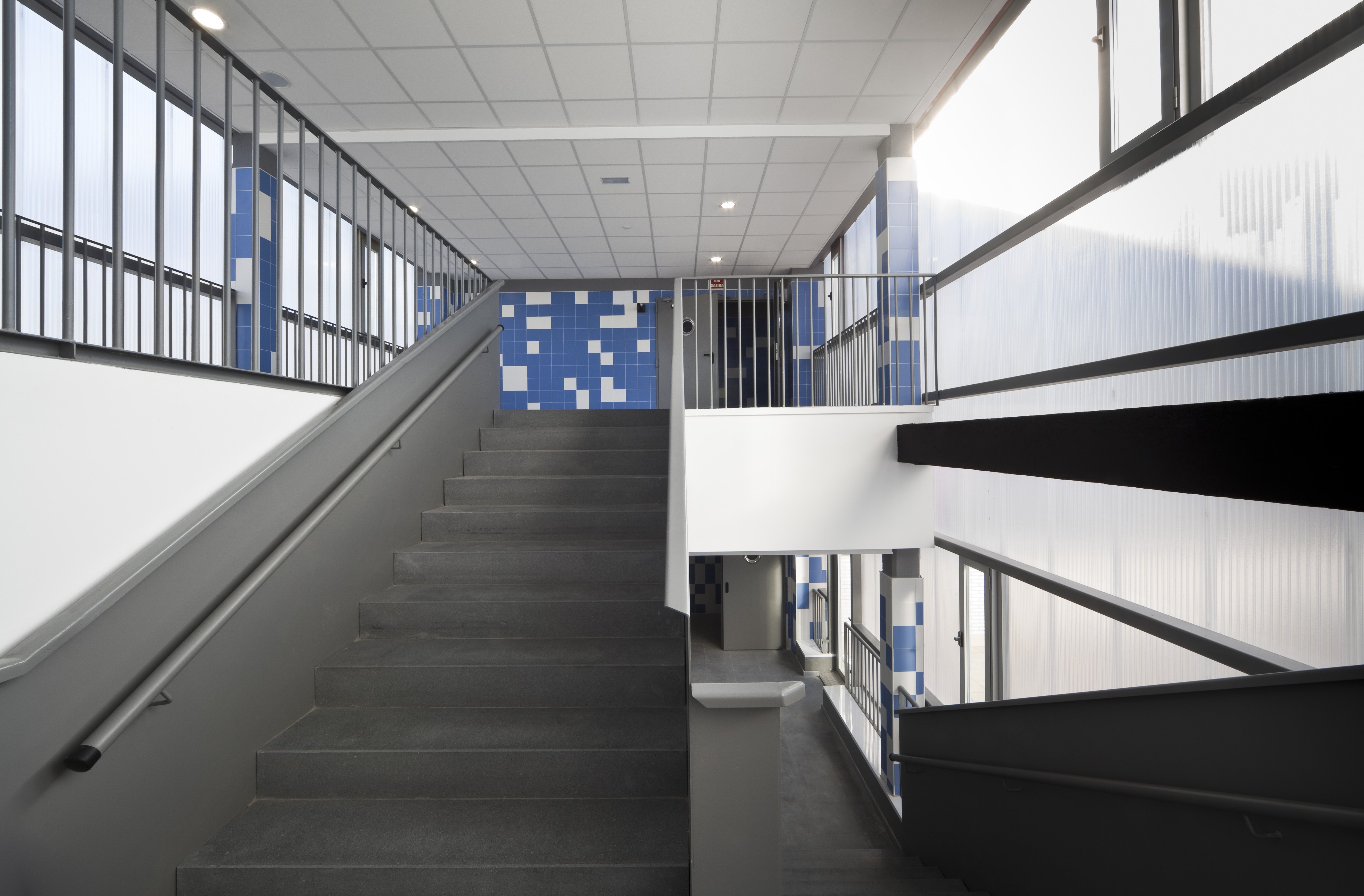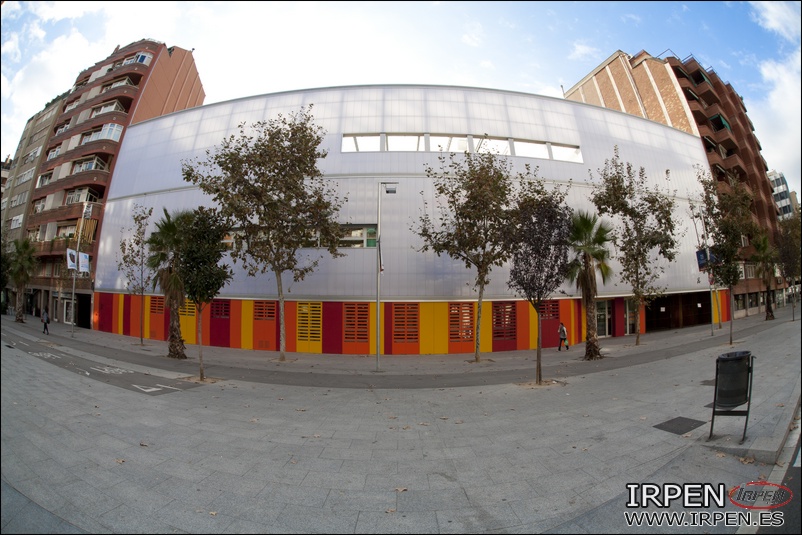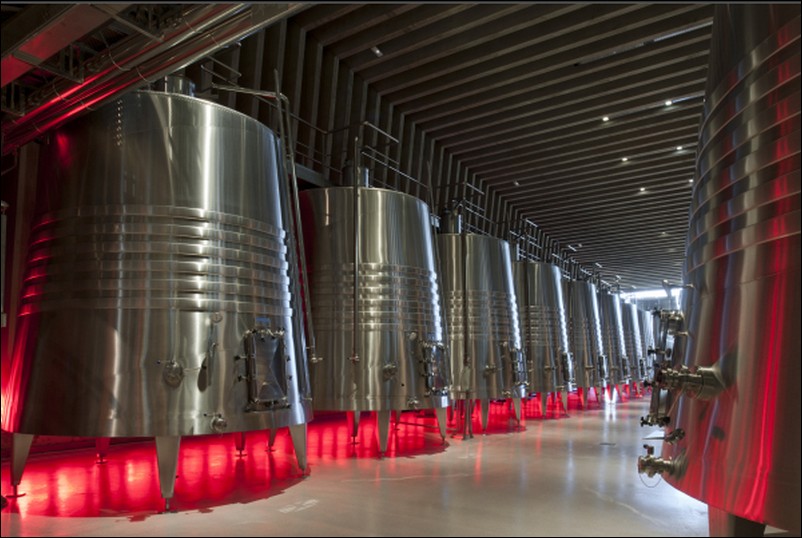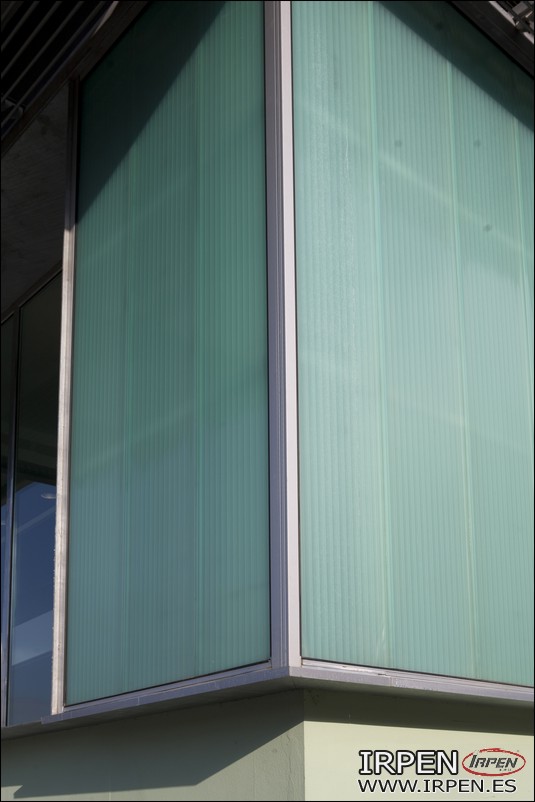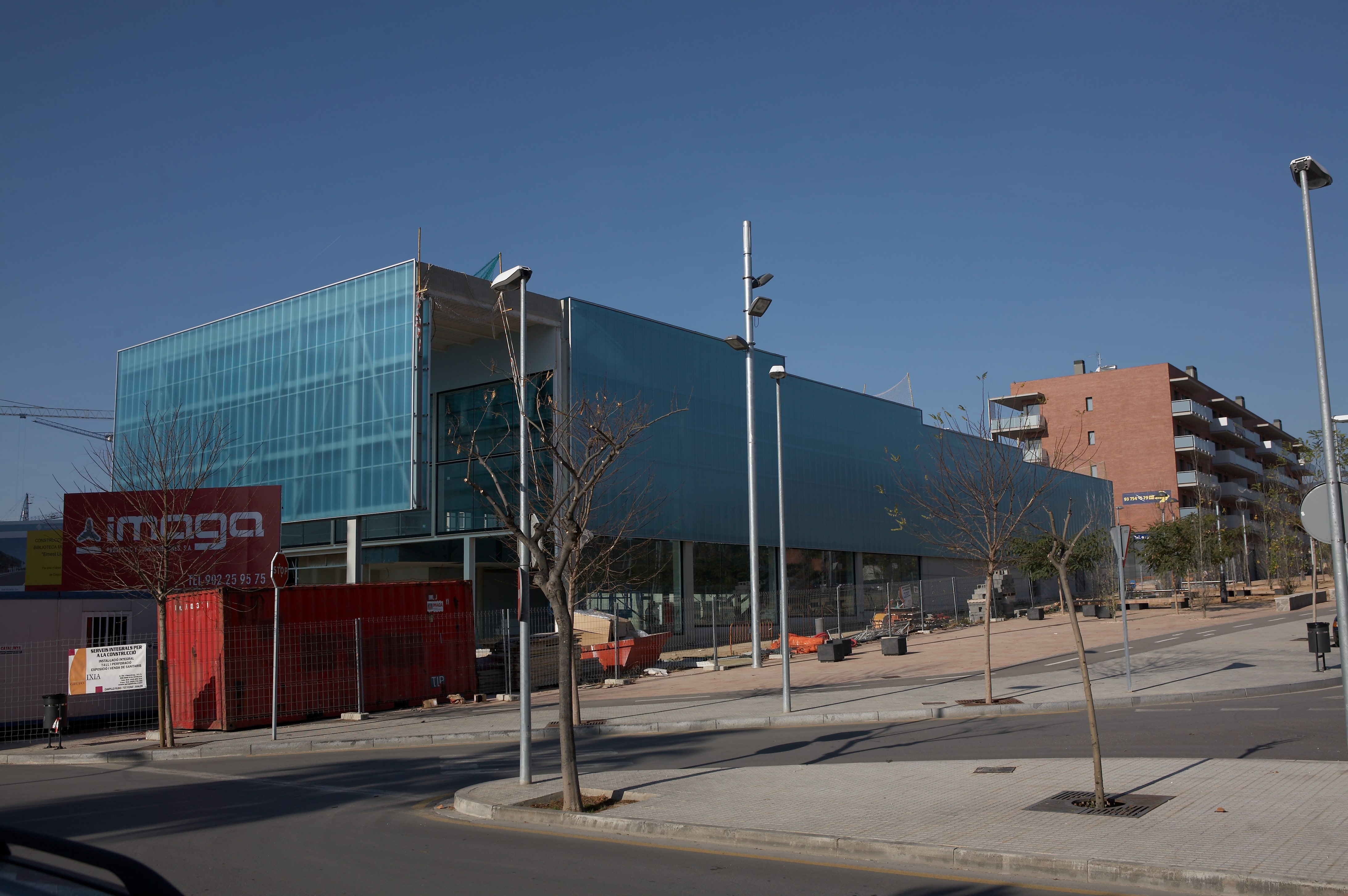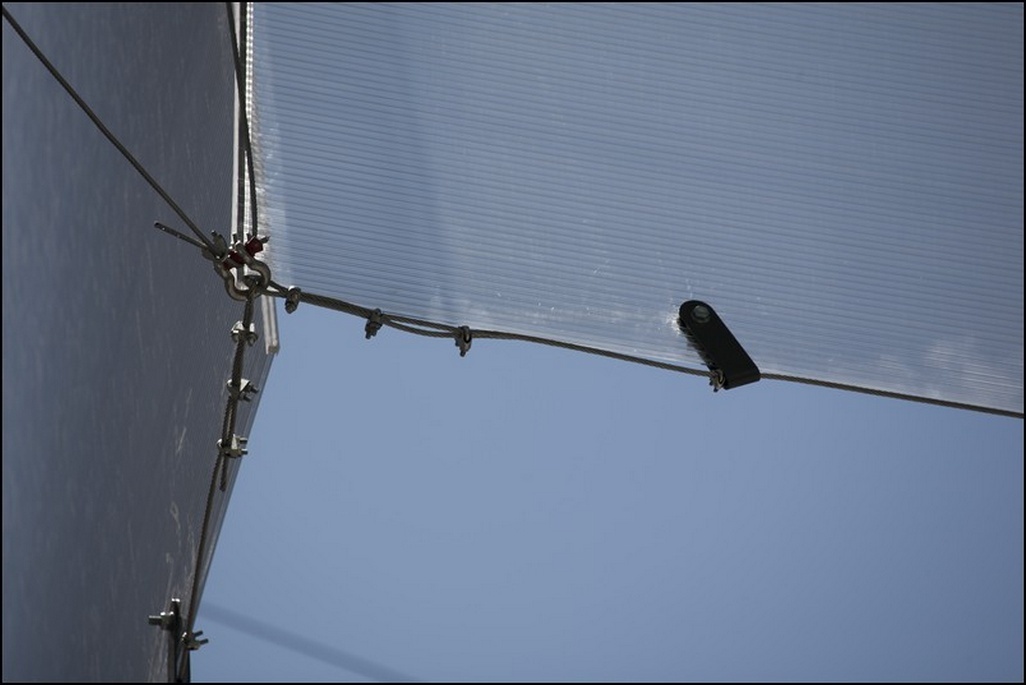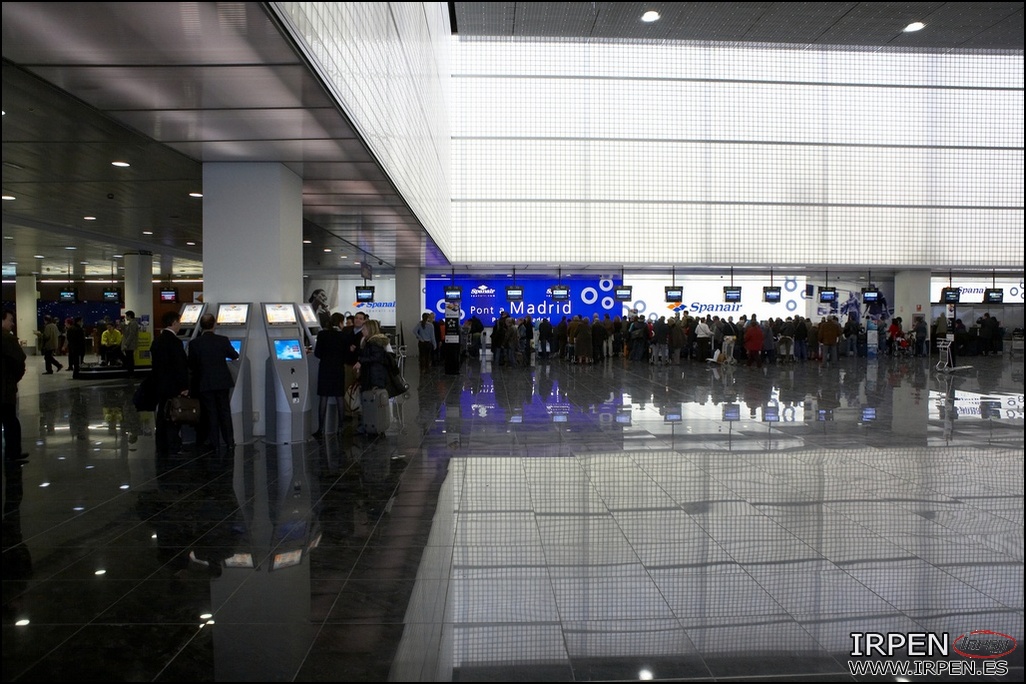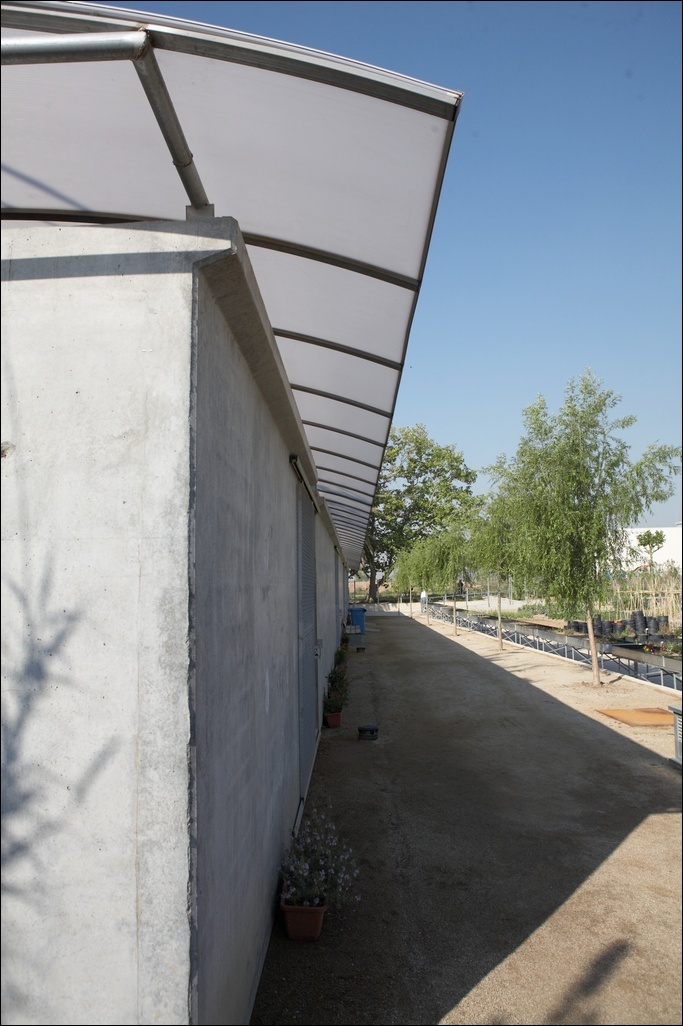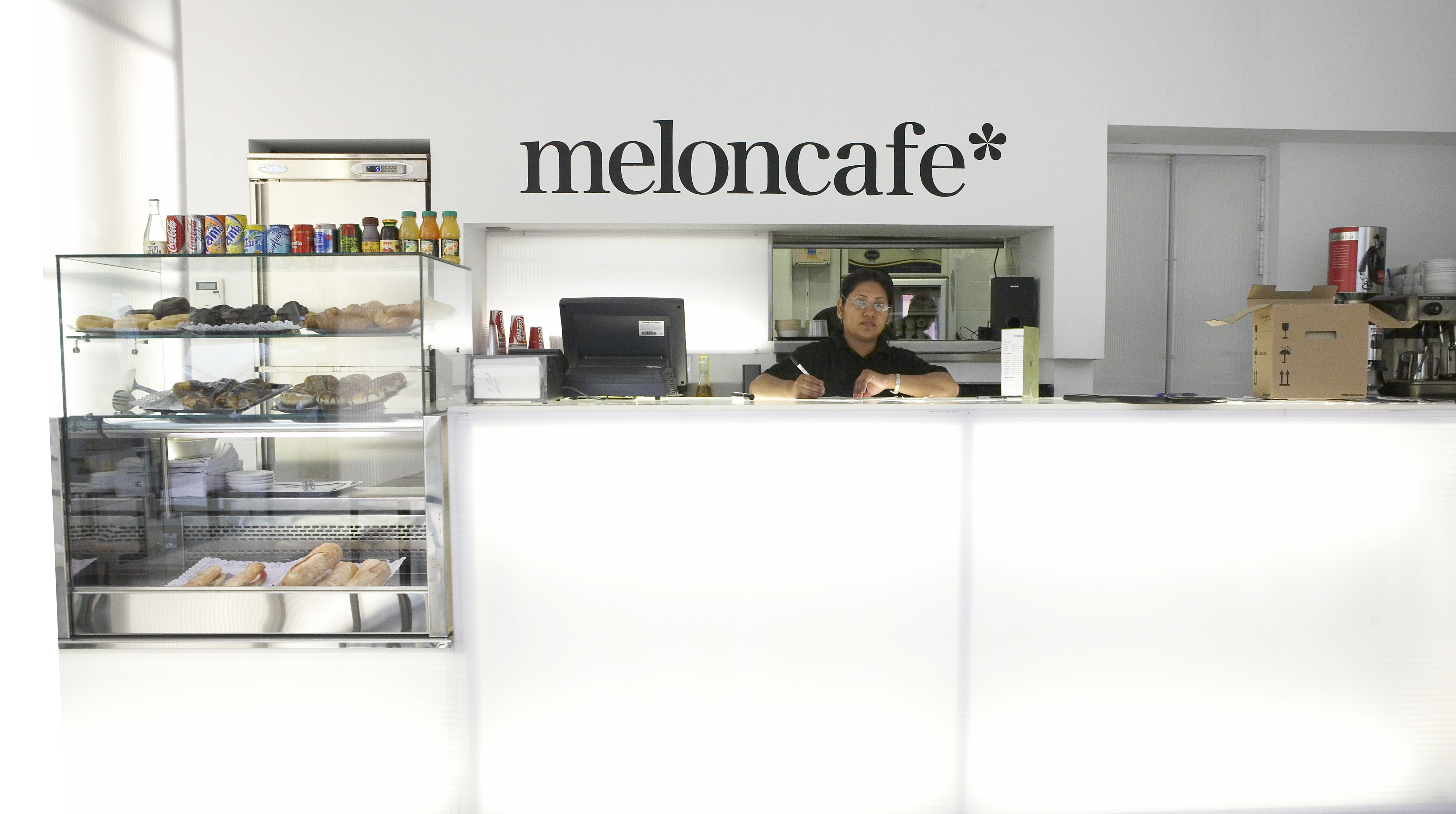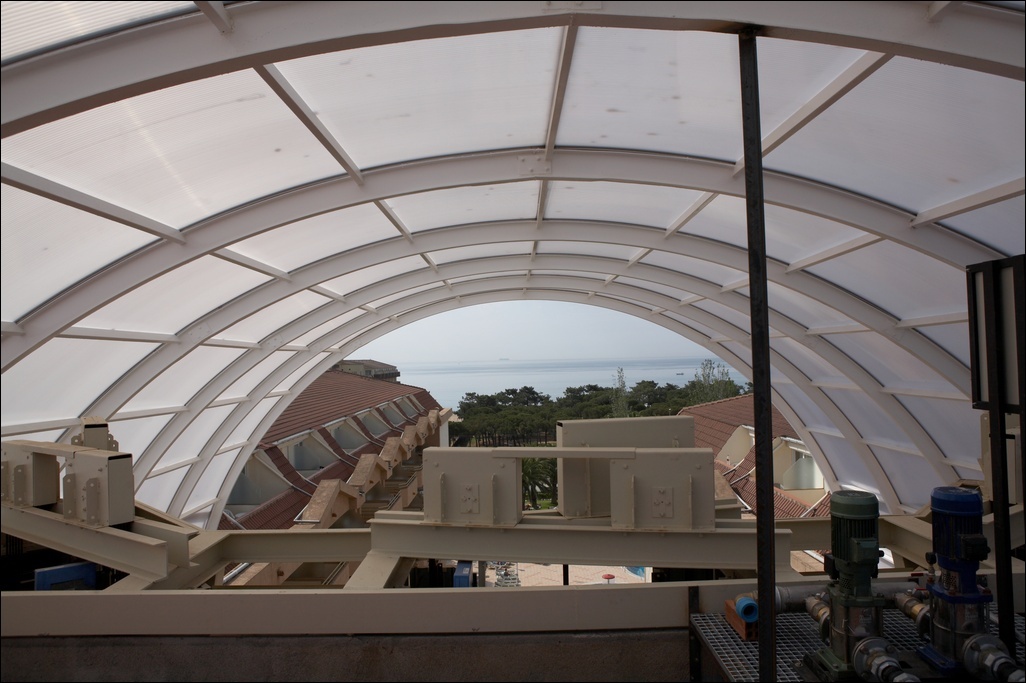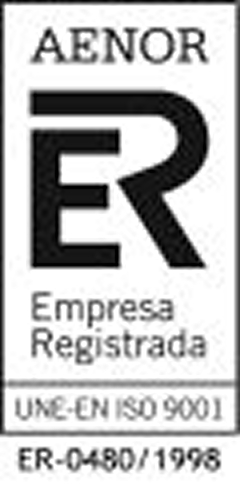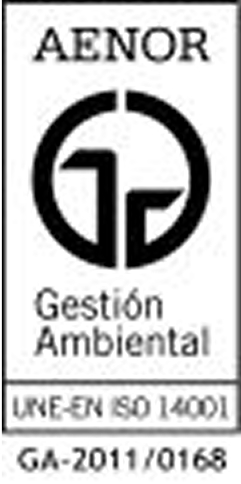Akyver - Multiwall Polycarbonate
LEXAN CLINIWALL PC 21 — Compact polycarbonate/ABS

Among our portfolio of materials intended for uses that require high resistance to wear and impact, in addition to any type of maintenance, is the Cliniwall (PC21), in this post, we are going to delve into it.
This thermoplastic is specially designed for use as an interior coating material in rooms where hygiene and disinfection standards are very high.
The combination of Polycarbonate and ABS results in a finishing material with ideal properties in hospital environments, clean rooms or spaces where high chemical resistance, easy cleaning and a halogen-free material are essential, thus preventing, in the event of combustion, the generation of toxic and opaque fumes that are harmful in case of inhalation, as well as being highly corrosive. It also complies with the provisions of EU delegated directive 2015/863 ROHS.2.0, regarding the list of restricted substances.
Cladding is commonly used in occasional rehabilitation works in health centers, where the work is sectorized and is carried out in different phases, while the activity continues in the rest of the building. This coating is usually chosen as a replacement material for finishing partitions and closets in passage areas, as it responds very well to common impact tests in hospitals, in which the mechanical properties of the material prevent the appearance of unsightly chipping on the surface.
It should be noted that both in new construction and in rehabilitation it is essential to comply with the requirements of the CTE-DB SI, in this case, this material is suitable for covering ceilings and walls, even in protected corridors and staircases. Since this is a classified placard Bs1d0, according to Euroclasses EN 13501-1, resulting in a combustible material with a very limited contribution to fire, with a low speed and amount of smoke opacity emission and with the absence of inflamed droplets.
Its quick and dry installation allows it to be attached directly to the wall to be rehabilitated, whether it is a tiled, plastered surface or an existing plasterboard partition. It is not necessary to use support substructures or other types of secondary operations such as edging, polishing or painting, although it must be said that the surfaces must be properly level and flat, and in case of crevices, prior adjustment work must be done.
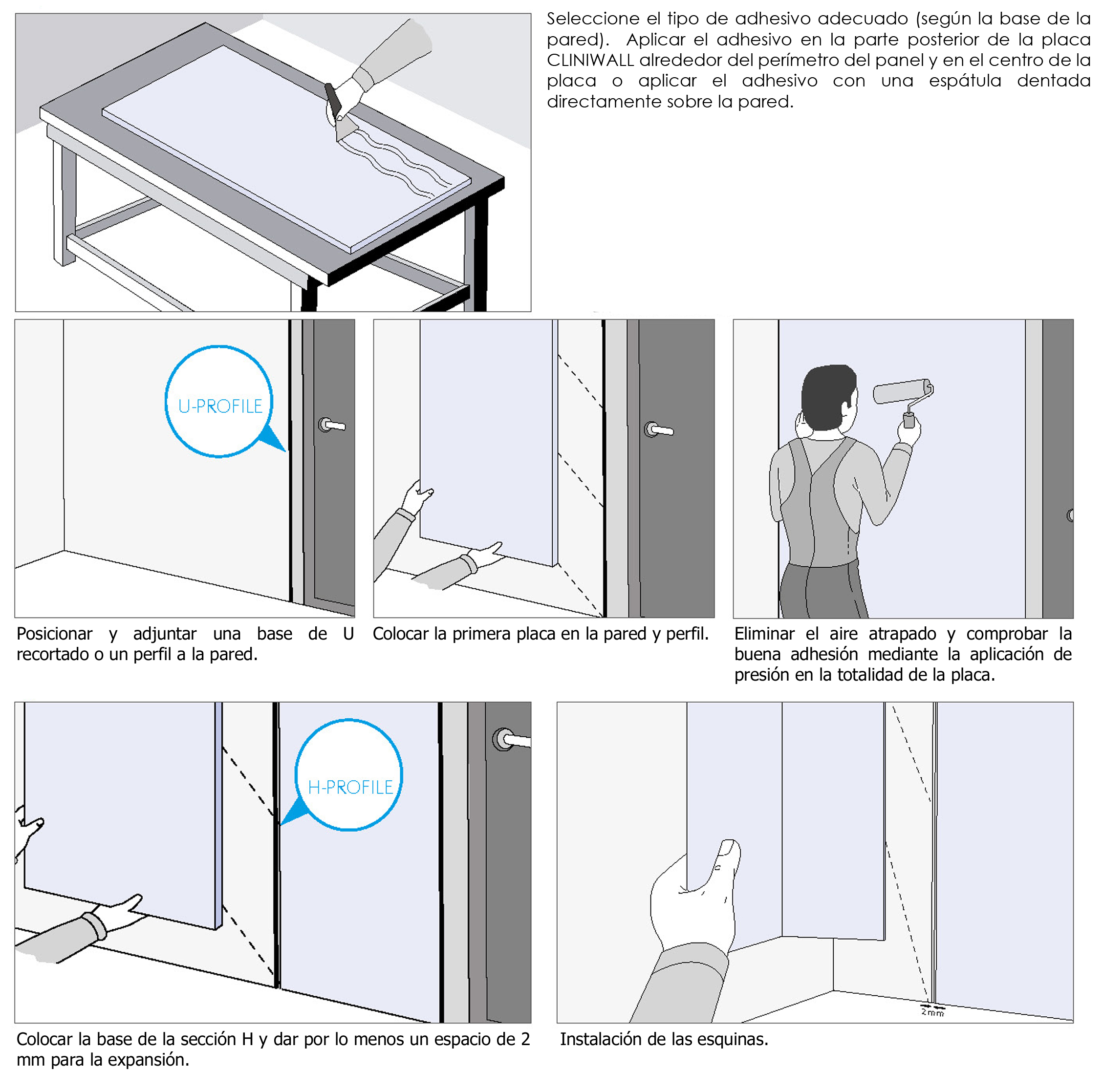
For a perfect adhesion, the adhesive must be applied to the back of the plate, around the perimeter of the plate and in the center of the plate with cords separated approximately every 250 mm, an alternative is to apply the adhesive directly to the wall using a notched trowel.
This plating system with PC/ABS mixed sheets is characterized by the resolution of joints using profiles of the same composition as the plate, solving both the joints between two panels using H profiles, the side ends with U profiles or the corners with L profiles. In the case of corners, it will be necessary to make a groove of the plate for execution, to soften it, an industrial hot air dryer must be used to soften it and to be able to bend the part in the desired direction.
PC21 plates allow for thermoforming, a highly valued property among installers of this type of interior cladding, as it makes it easier to cover door frames with the same wall material or to carry out closets in traffic corridors. Since it is a polycarbonate, it is necessary to pre-dry the material at 100 ºC for 2 hours for each mm of thickness of the plate.
In repeated expansion and renovation works, other existing materials have been replaced by PC21 because of its excellent resistance to a high amount of chemicals, since it keeps its properties intact after having undergone repeated cleaning and disinfection processes, making it stable to the action of ethanol, although it is not suitable for contact with acetones.
It is worth noting the existence of antibacterial quality in Cliniwall, tests carried out in independent laboratories certify for this variant a reduction of more than 99.999% against Methicillian-resistant Staphylococcus (MRSA) and E.Coli on the surface of the plate after an incubation period of 24 hours at 35ºC.
Finally, remember that our available range is presented in plates of 3050 x 1300 mm, in thicknesses of 1.2, 1.5 and 1.7 mm, and with an extensive range of standard colors and the option of making customized colors,
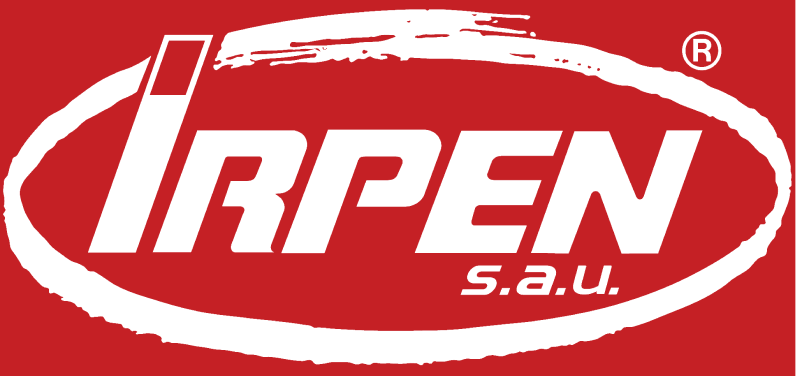





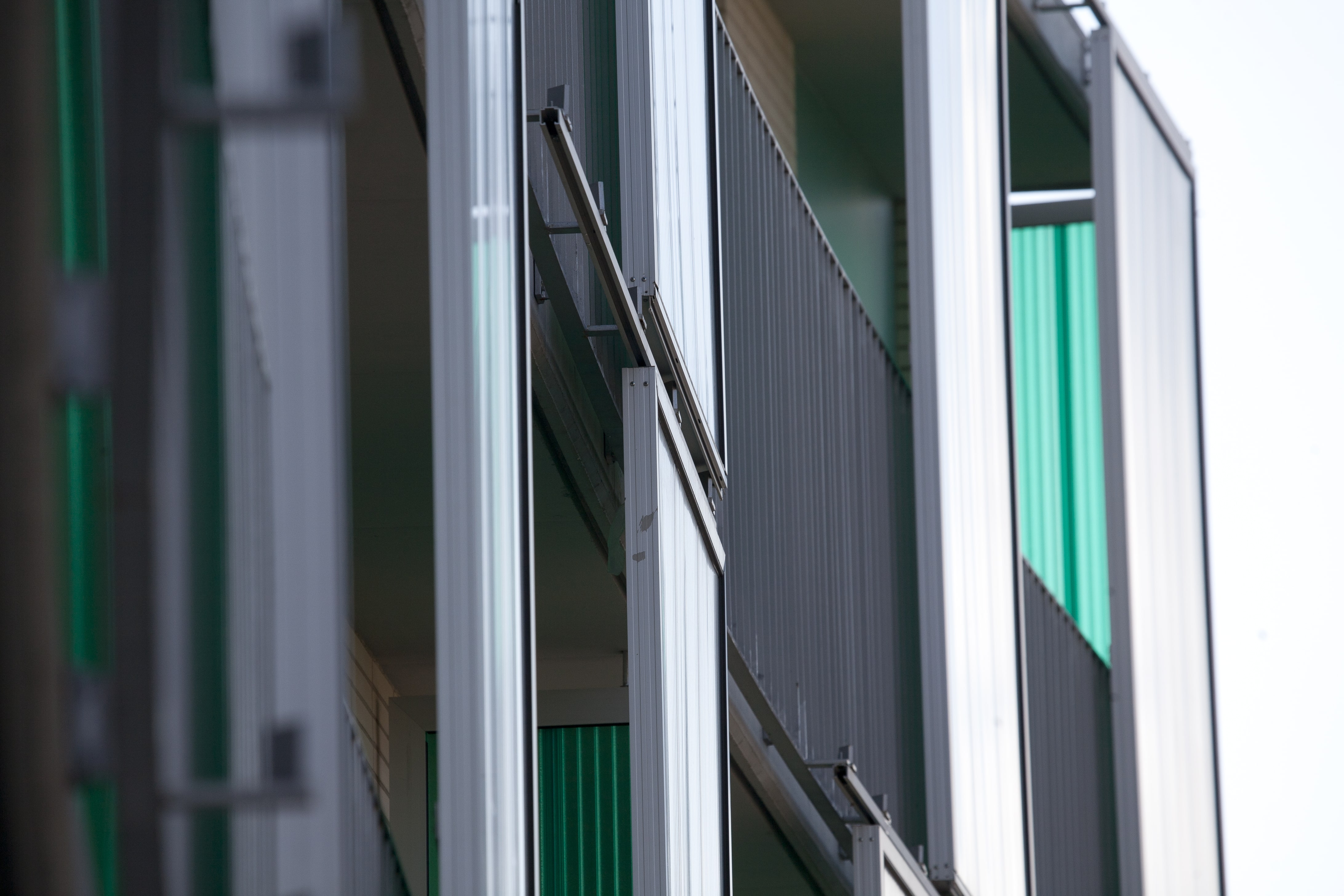

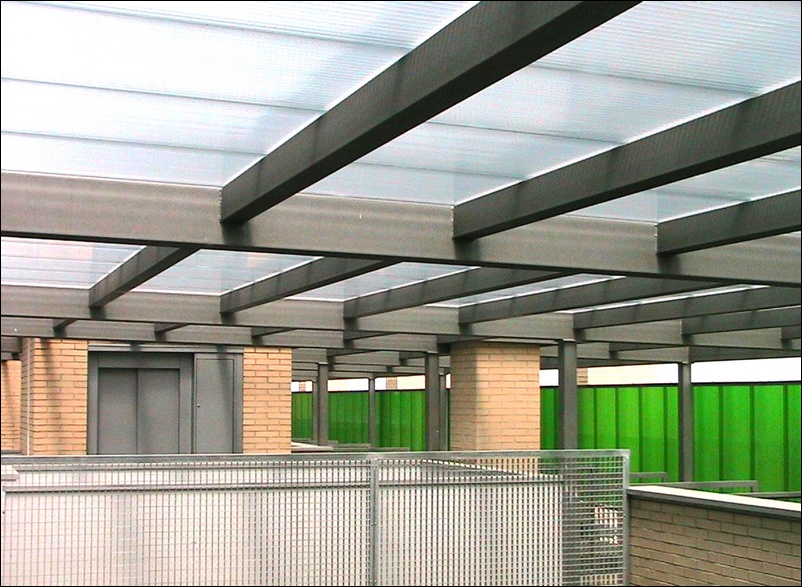
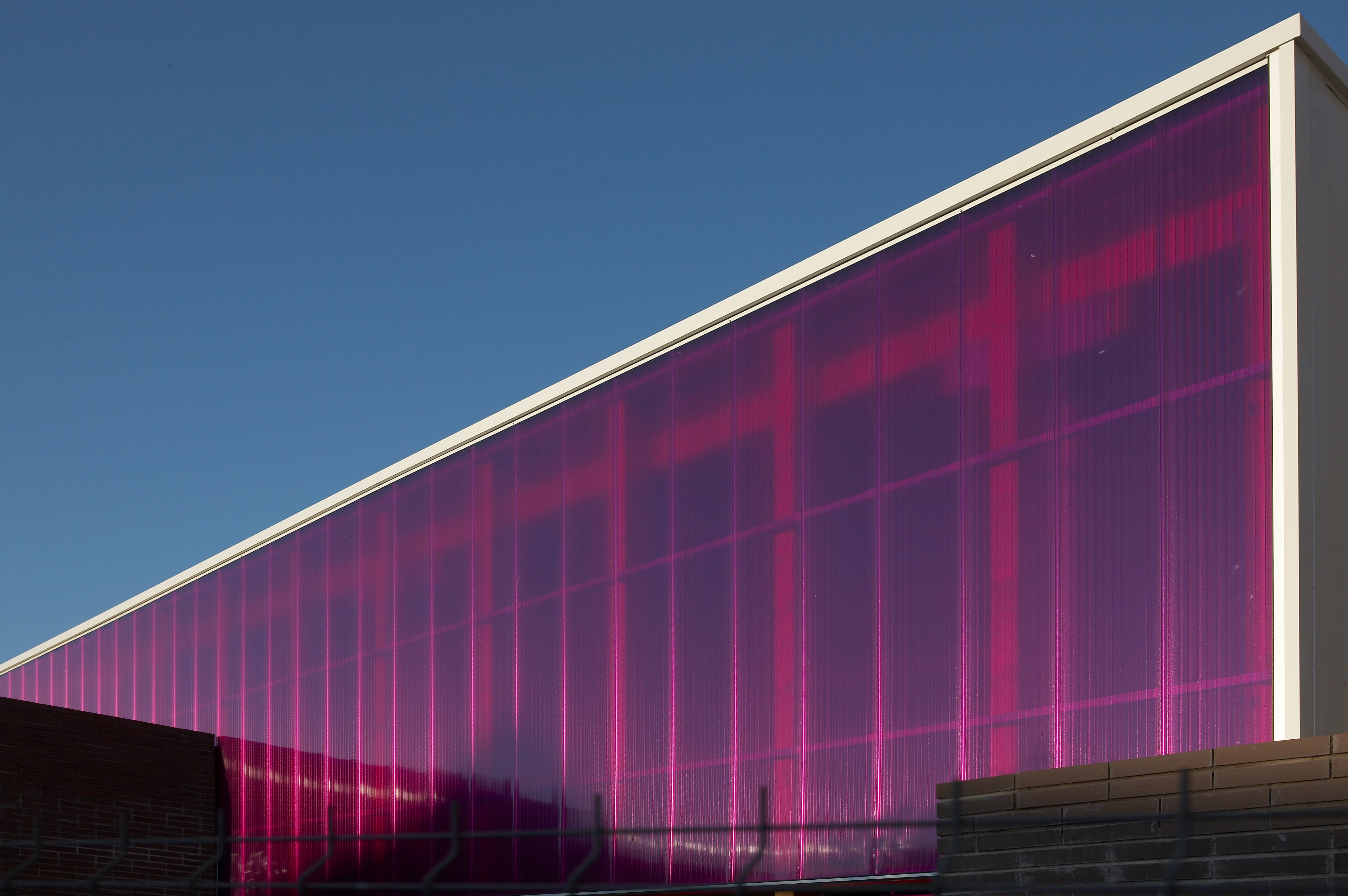
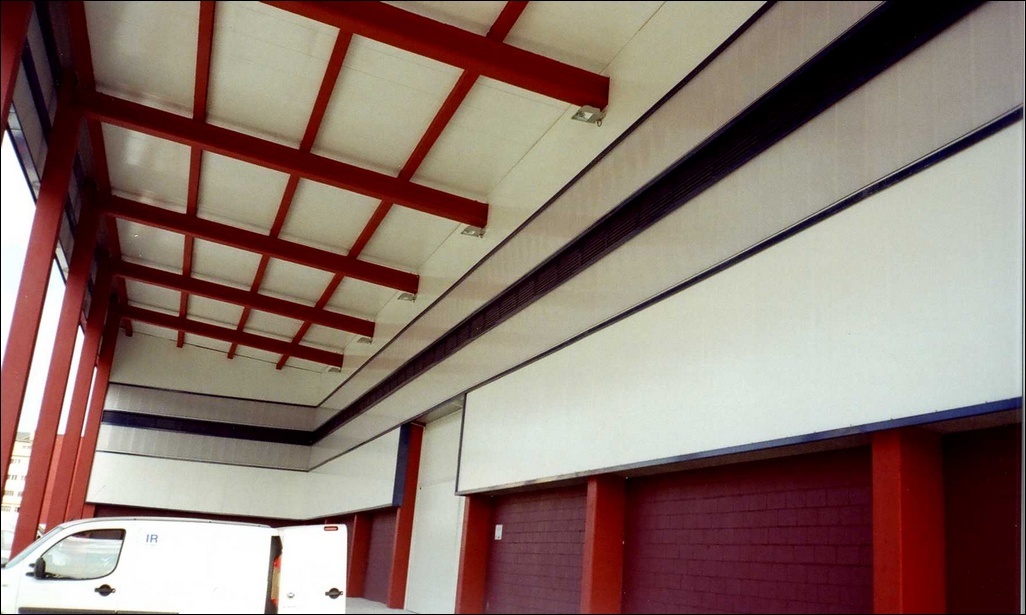
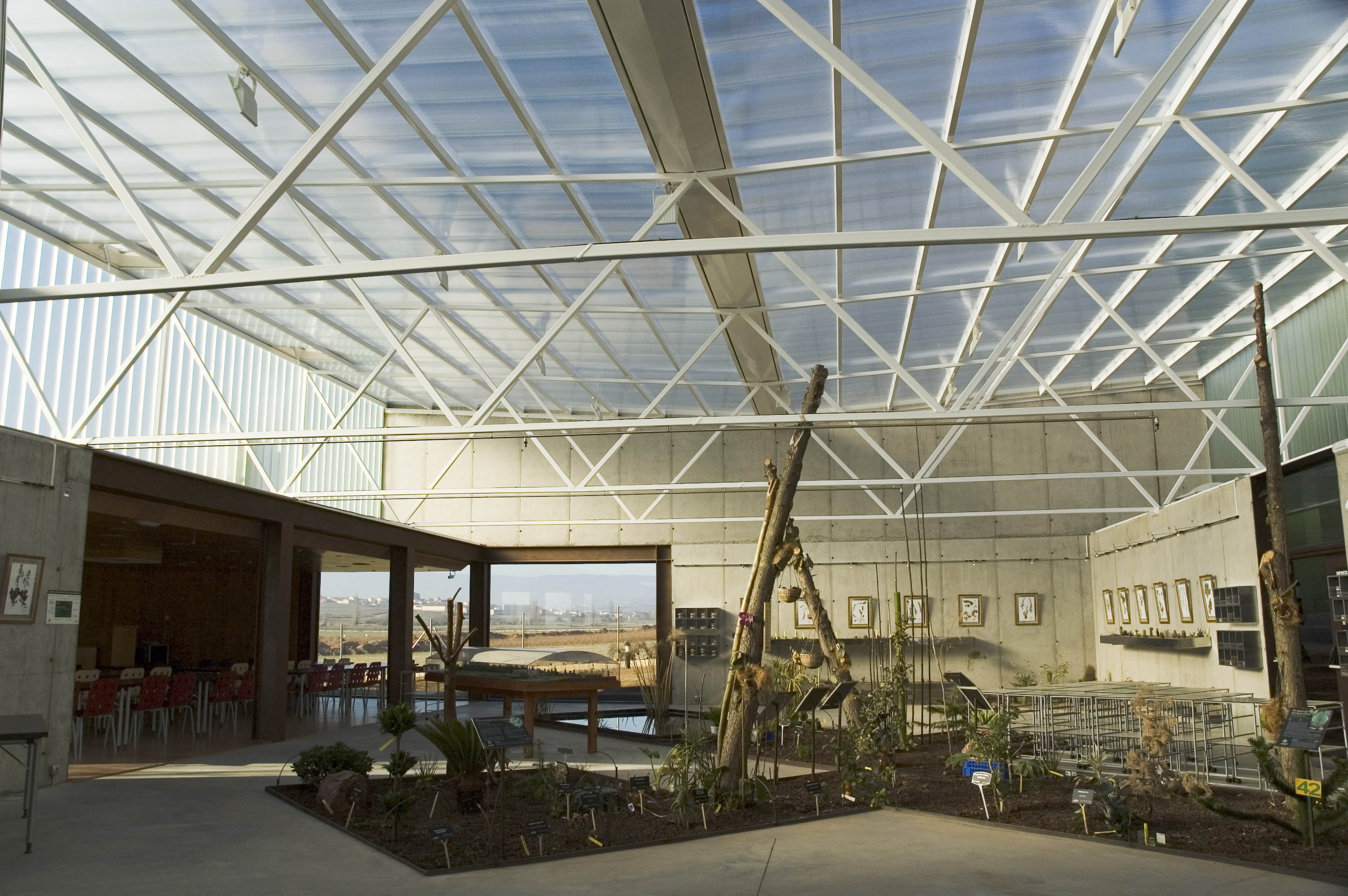
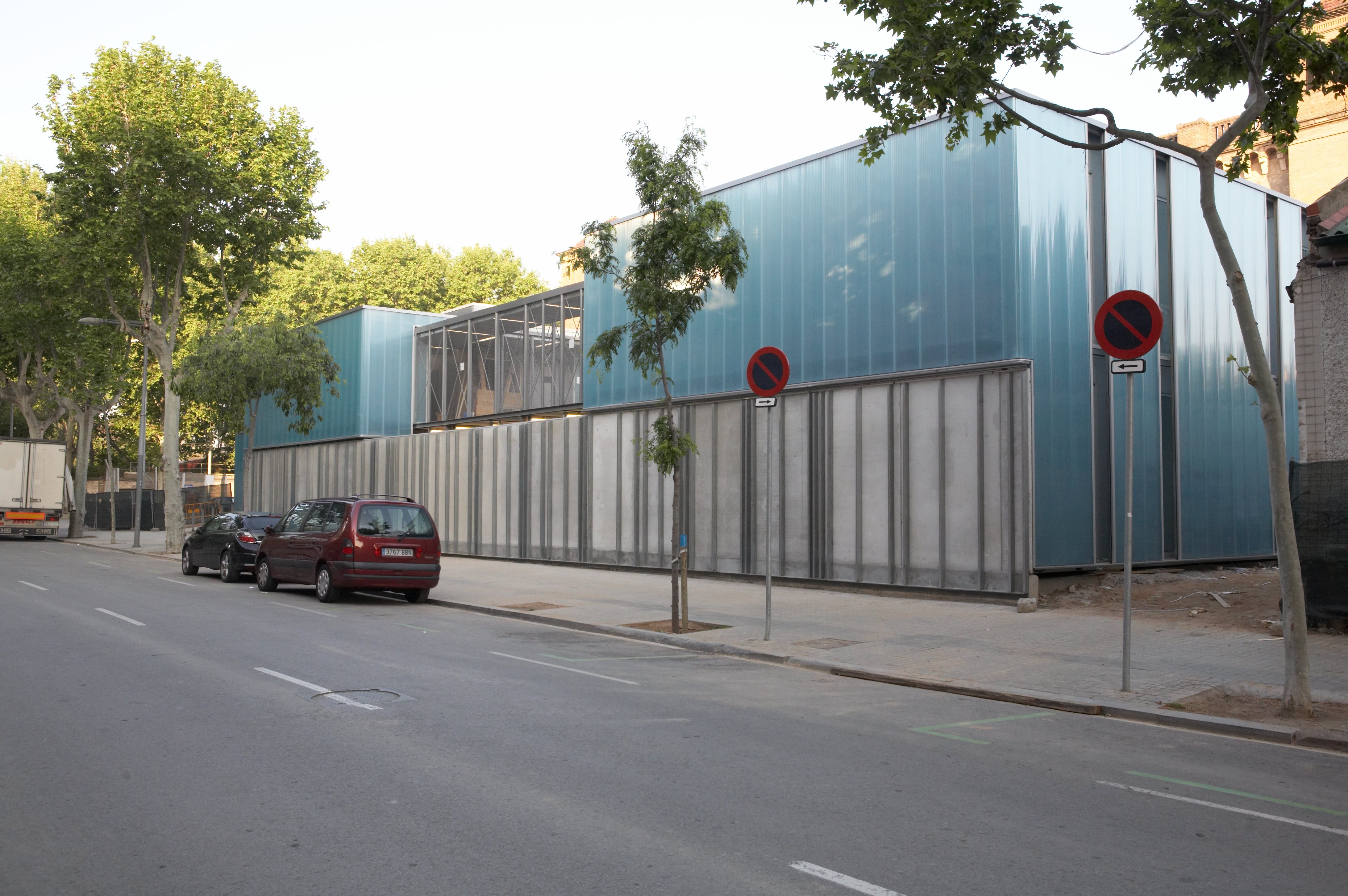
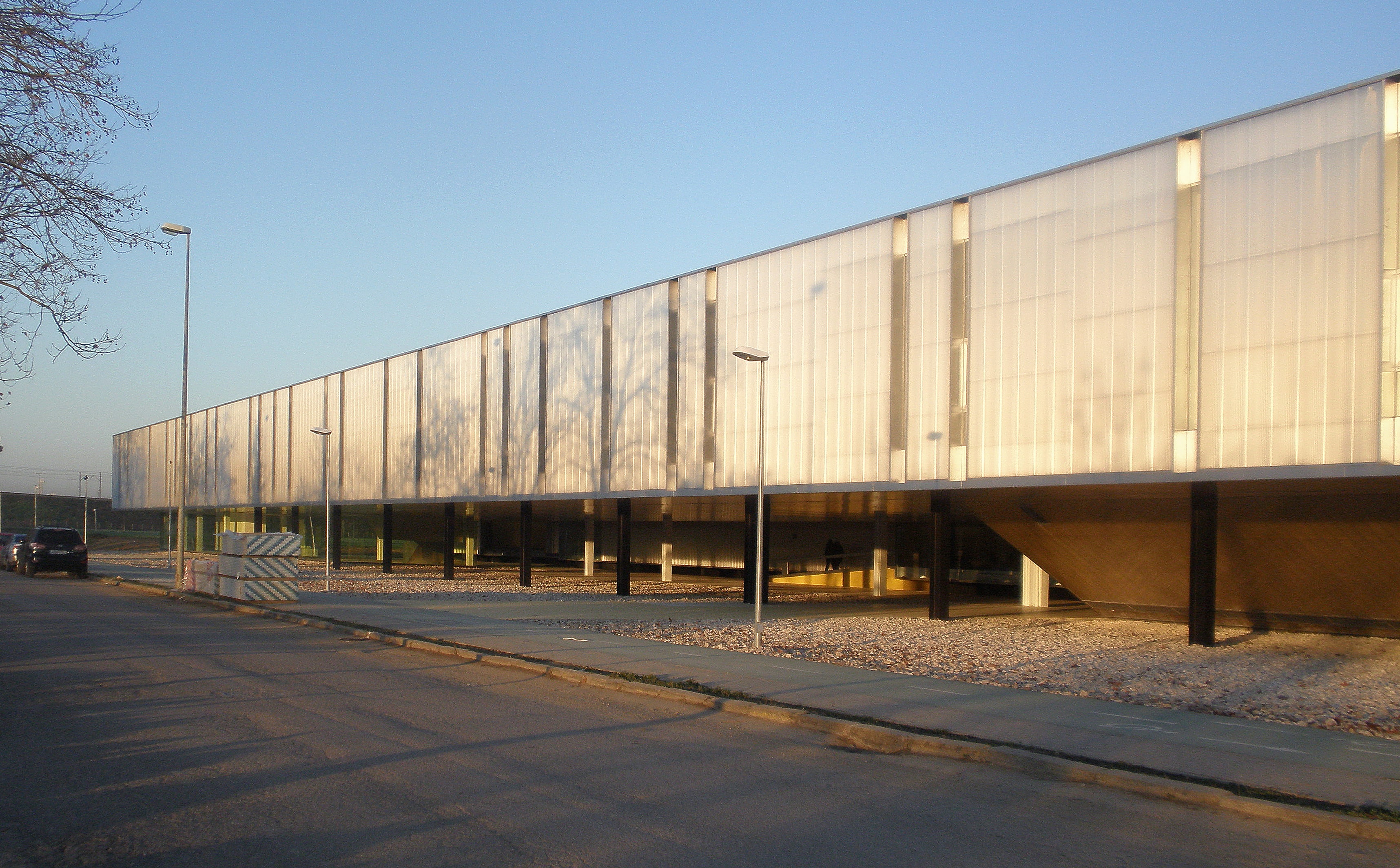
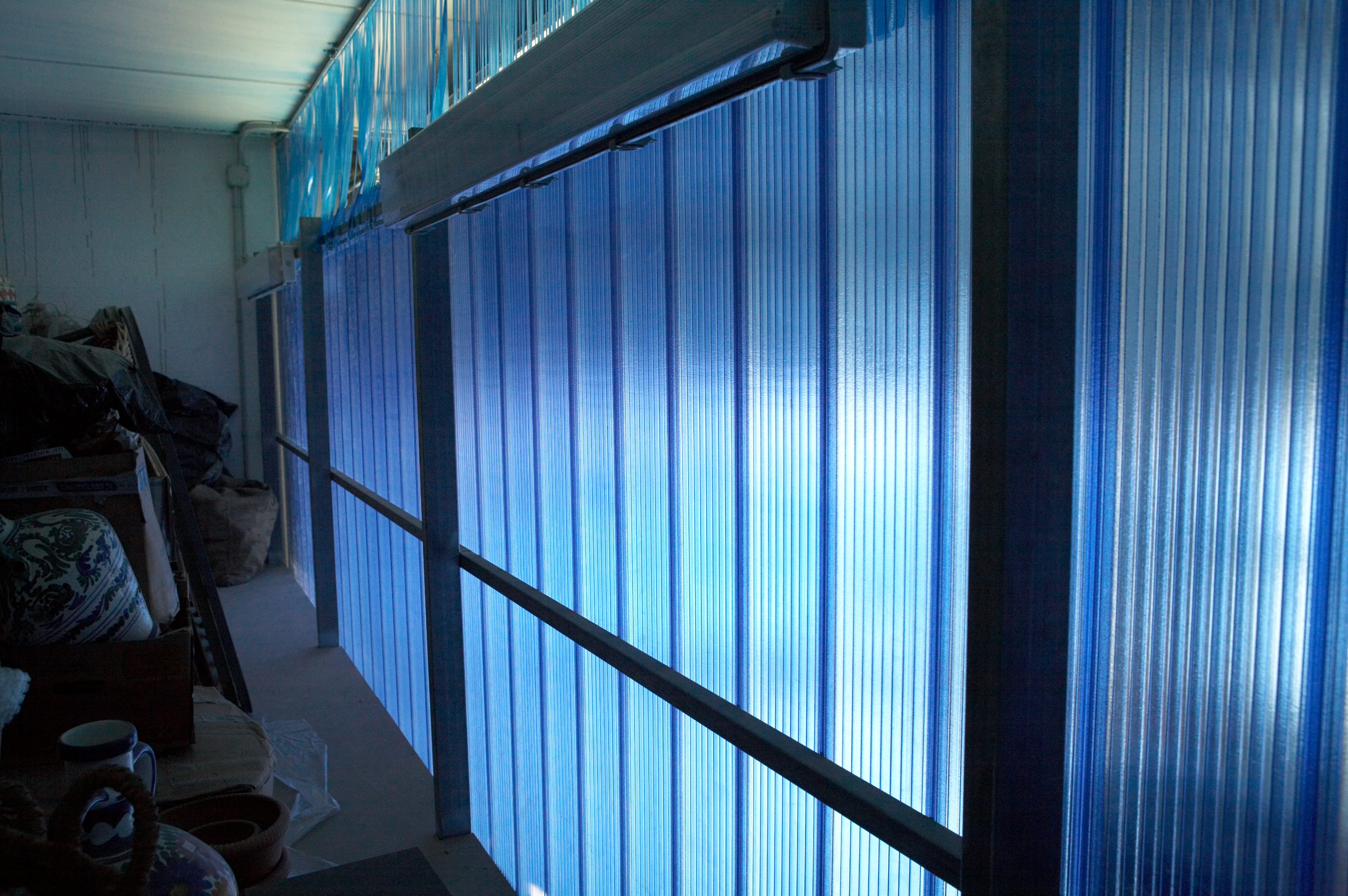
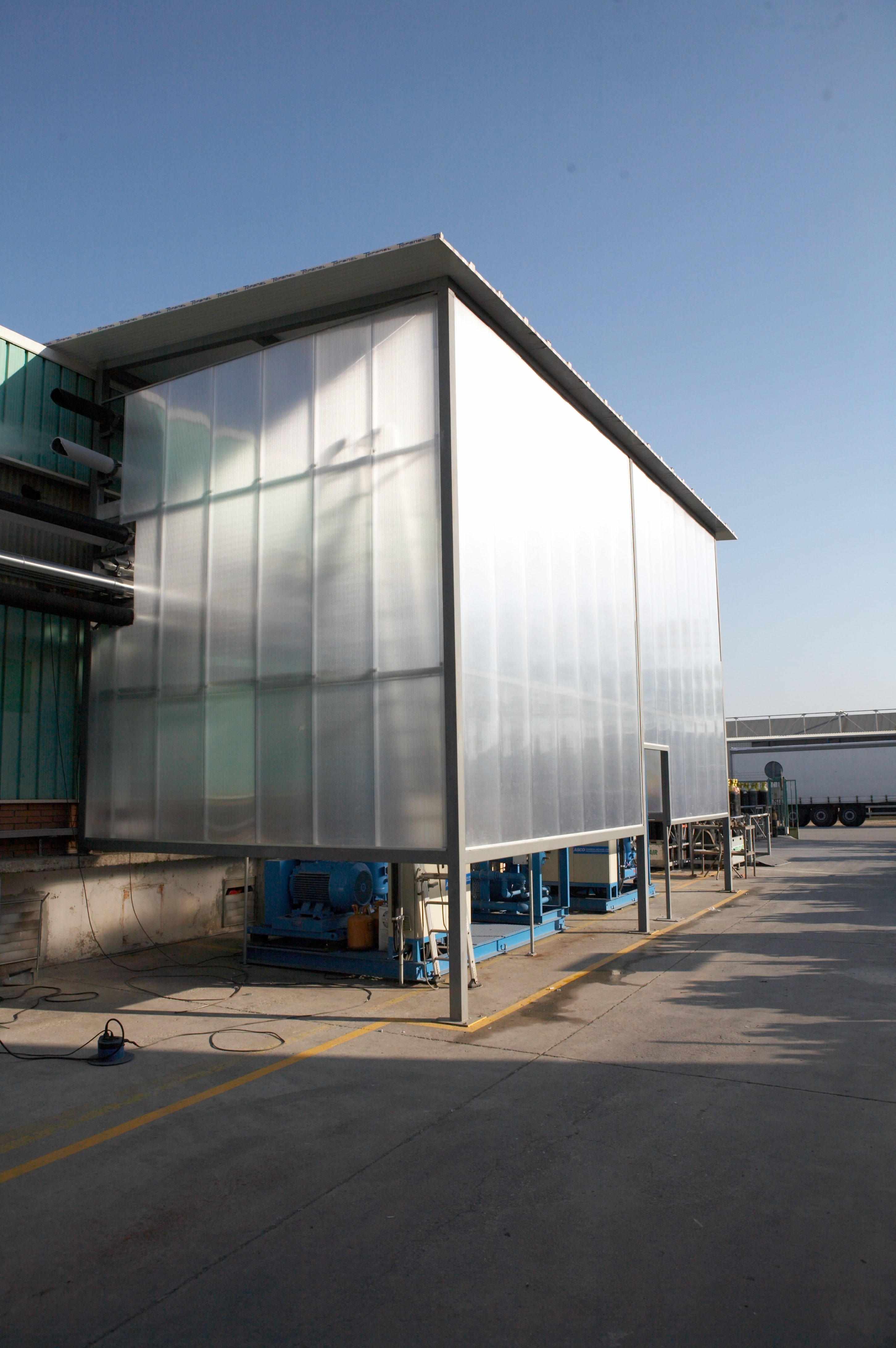
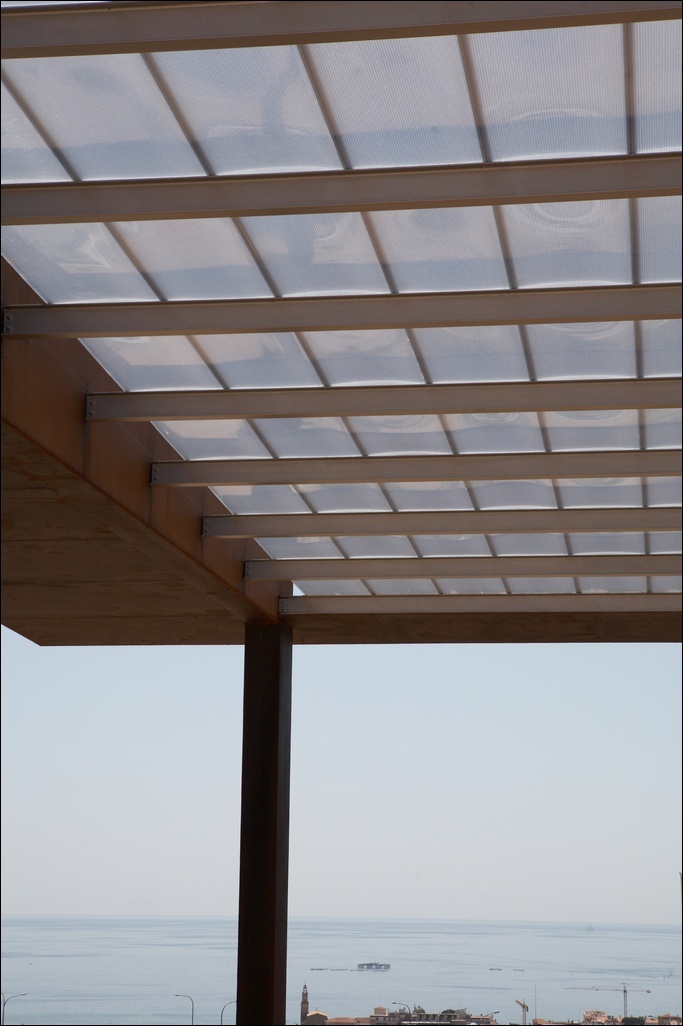
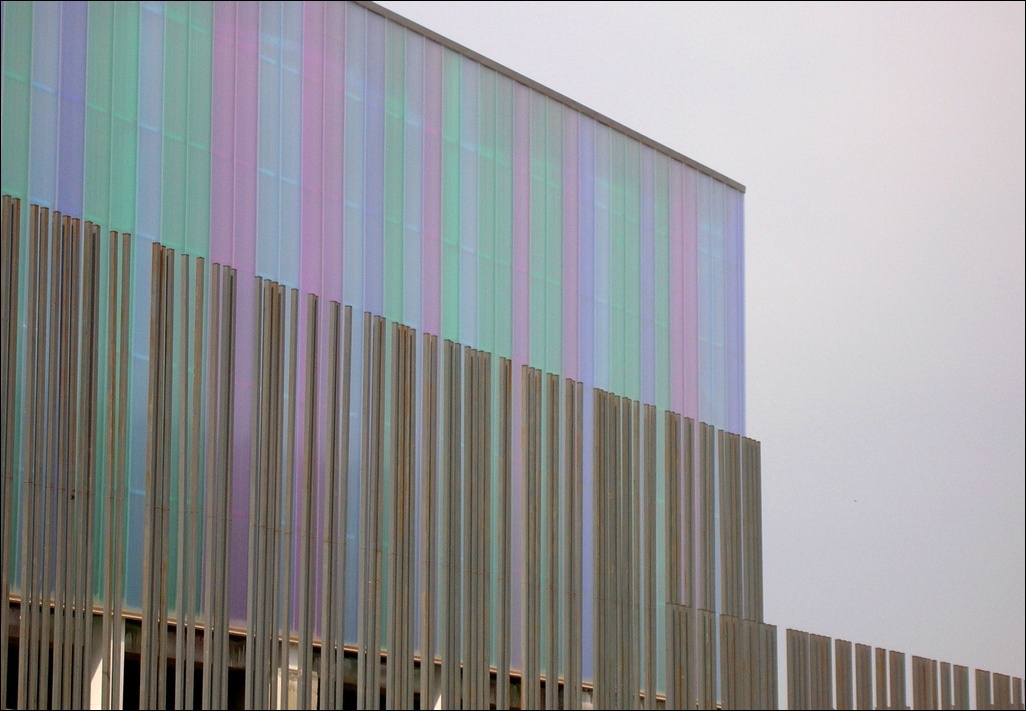
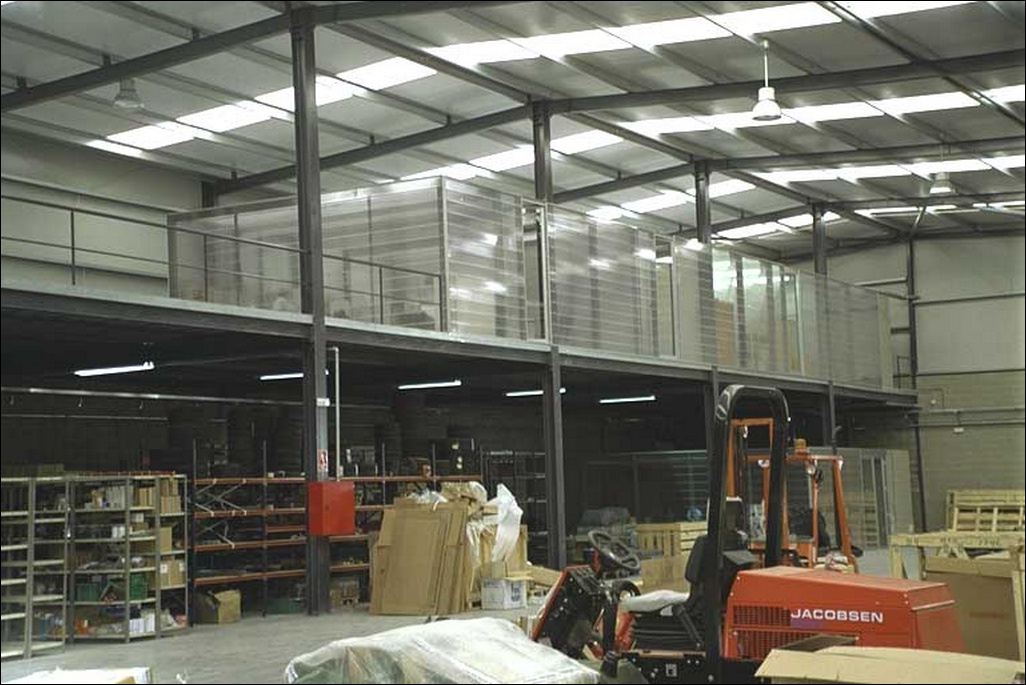
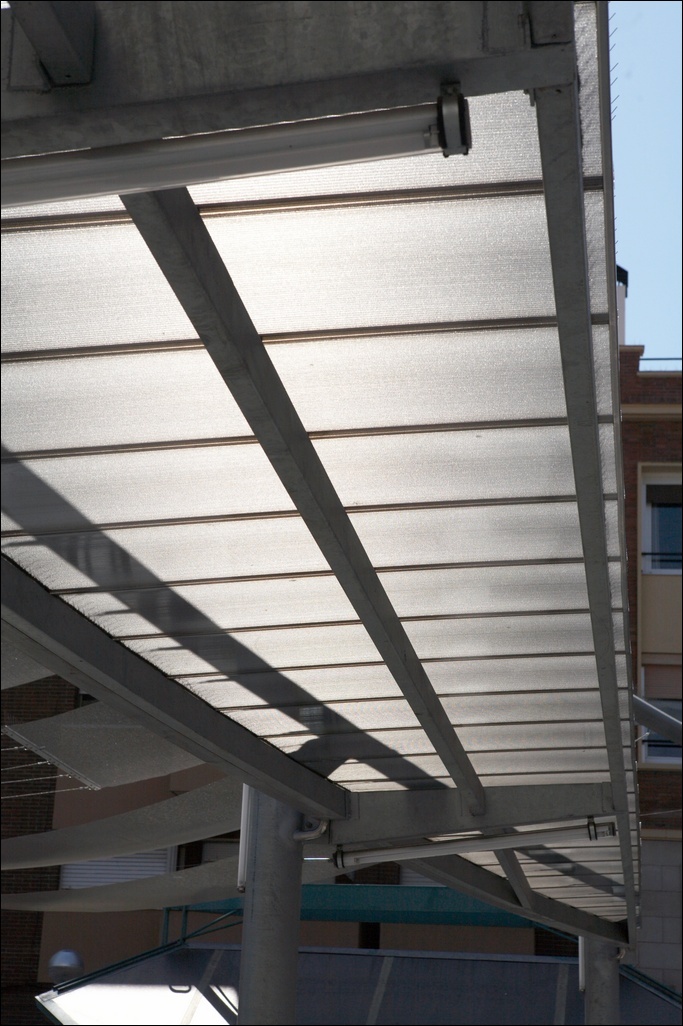
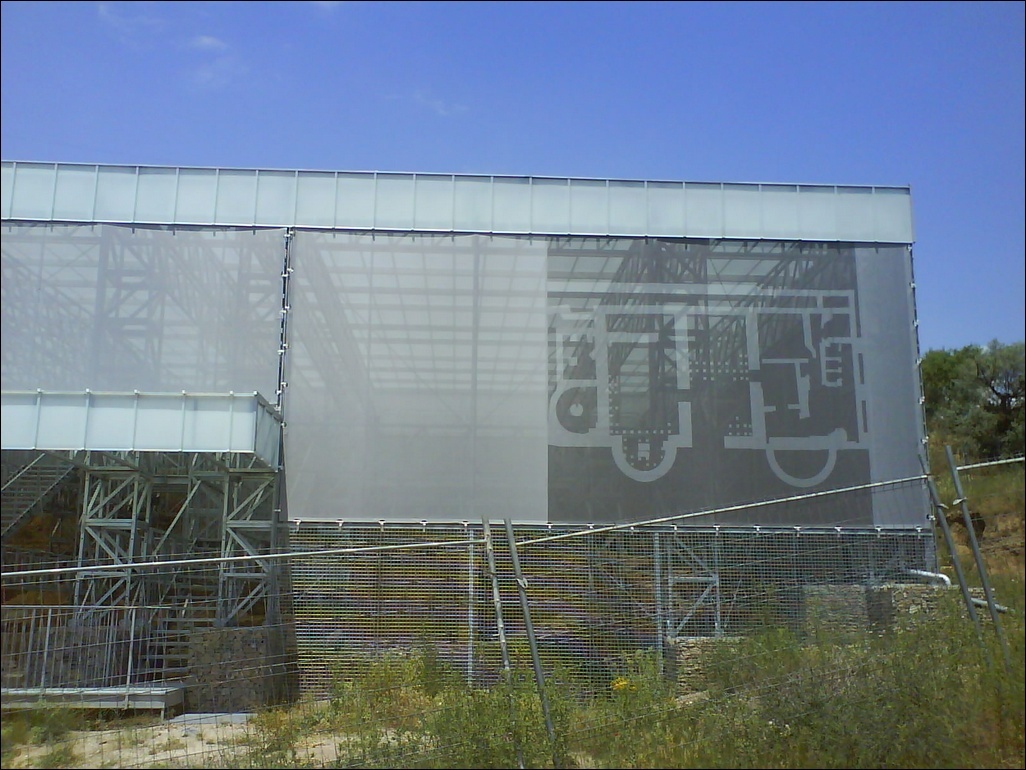
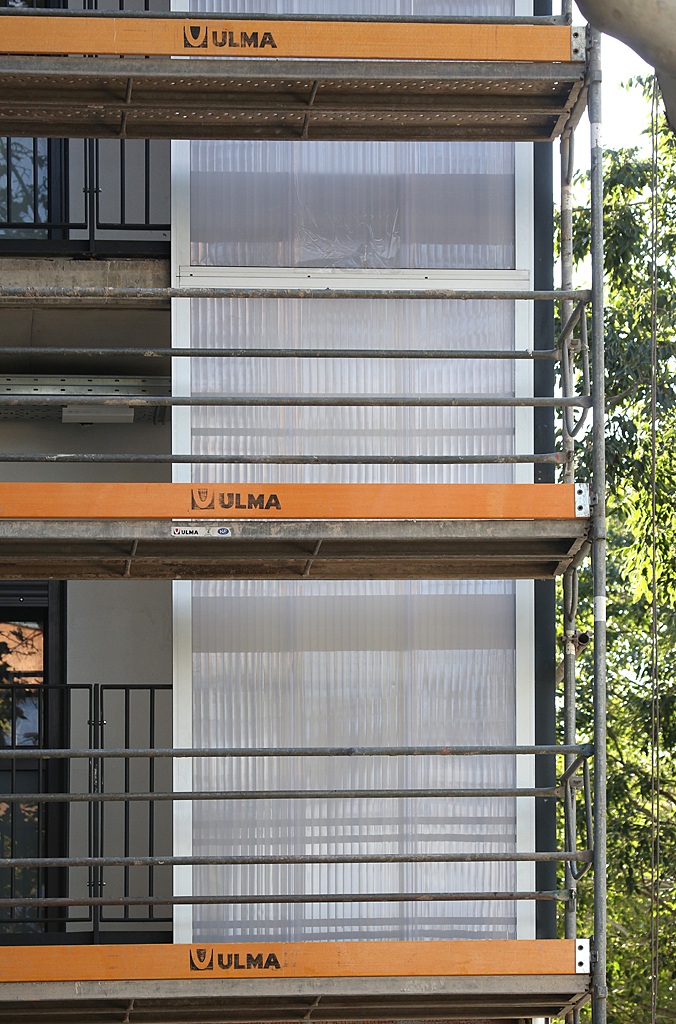
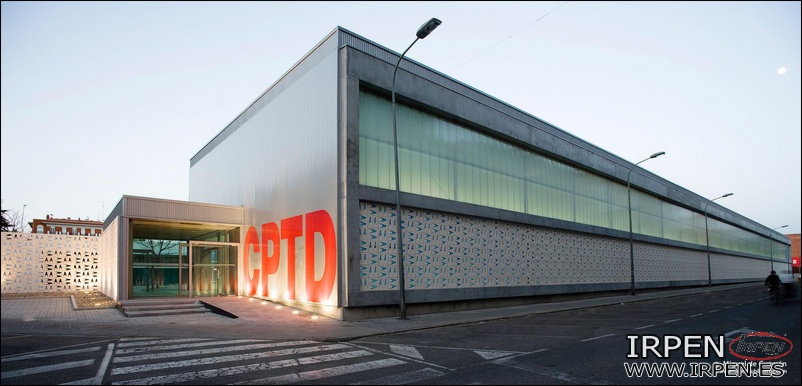
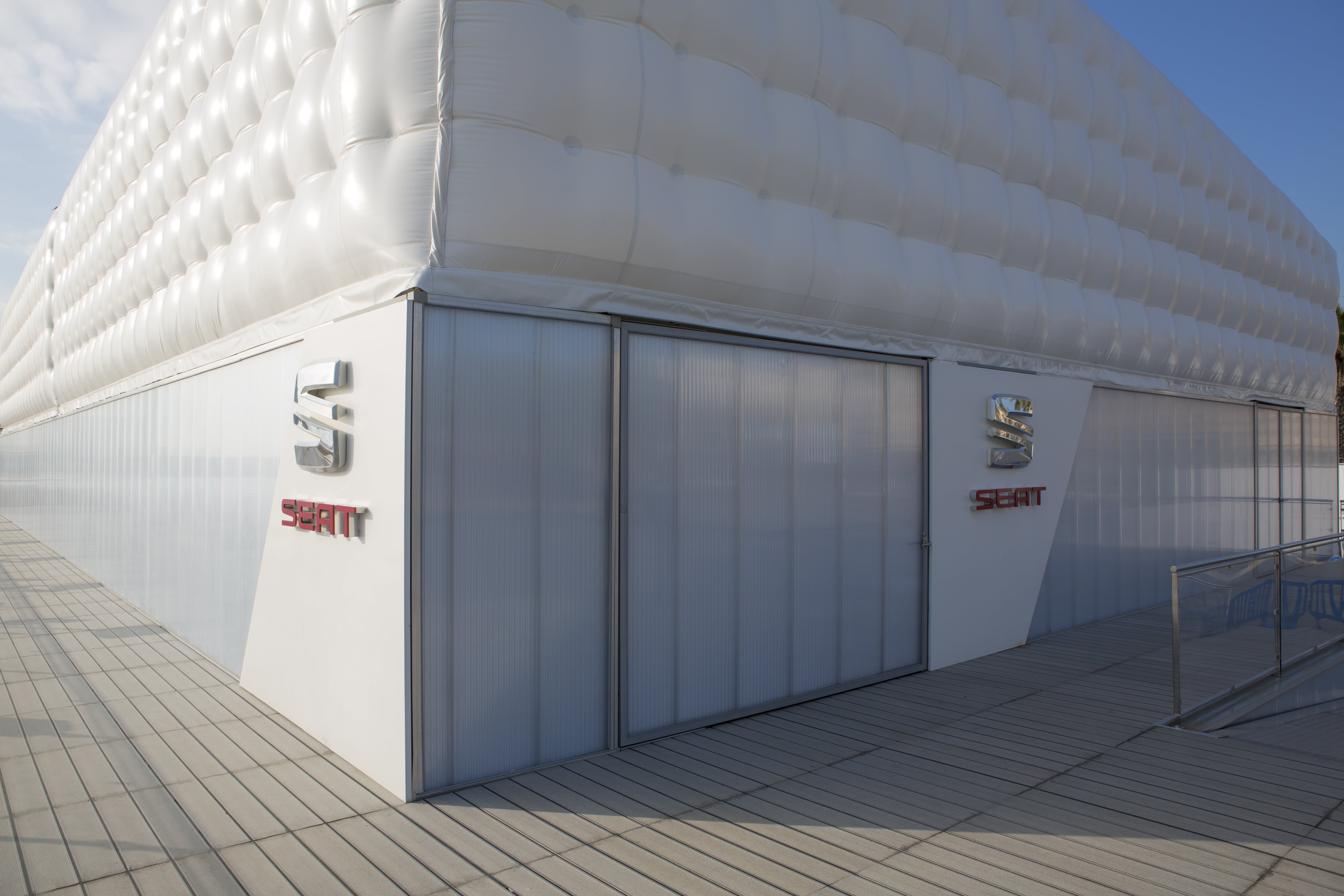
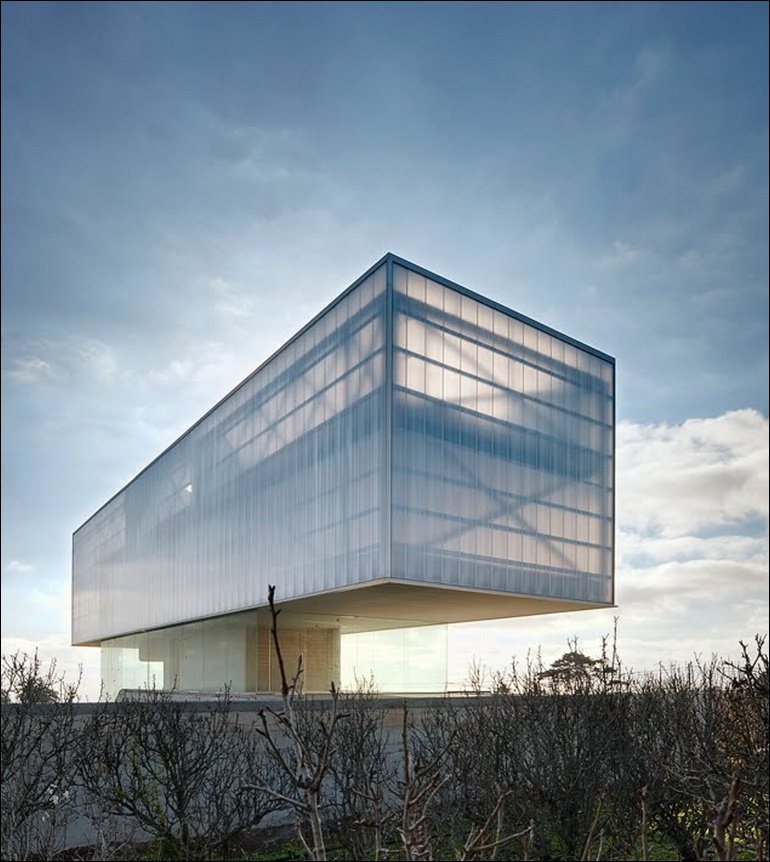
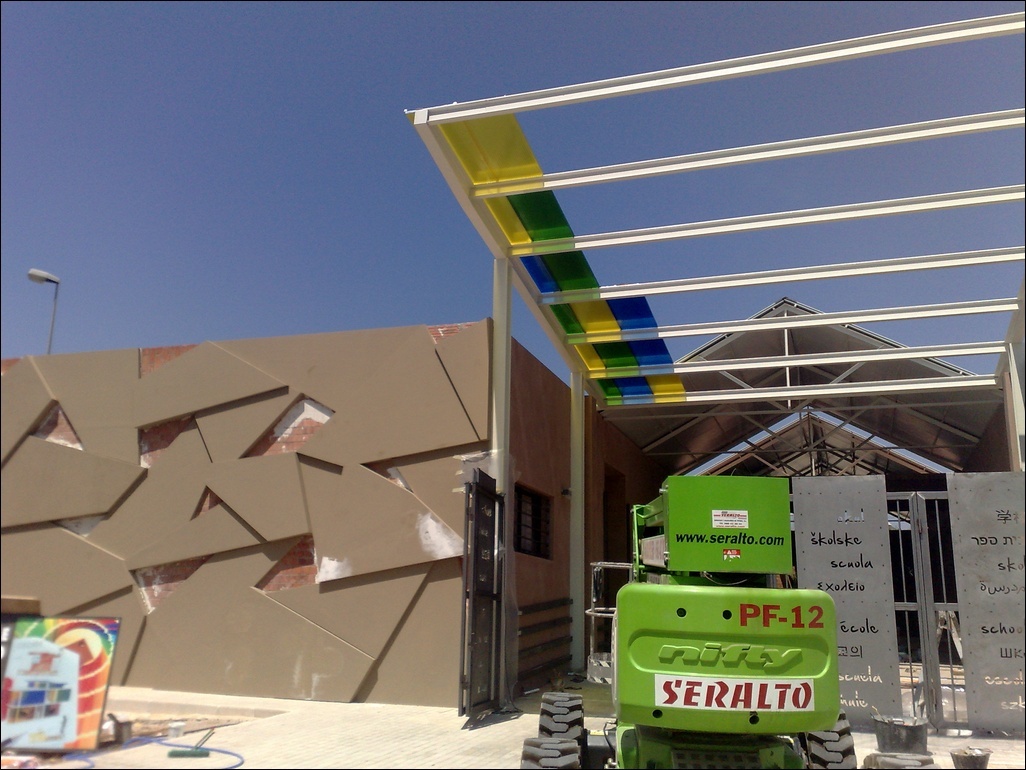
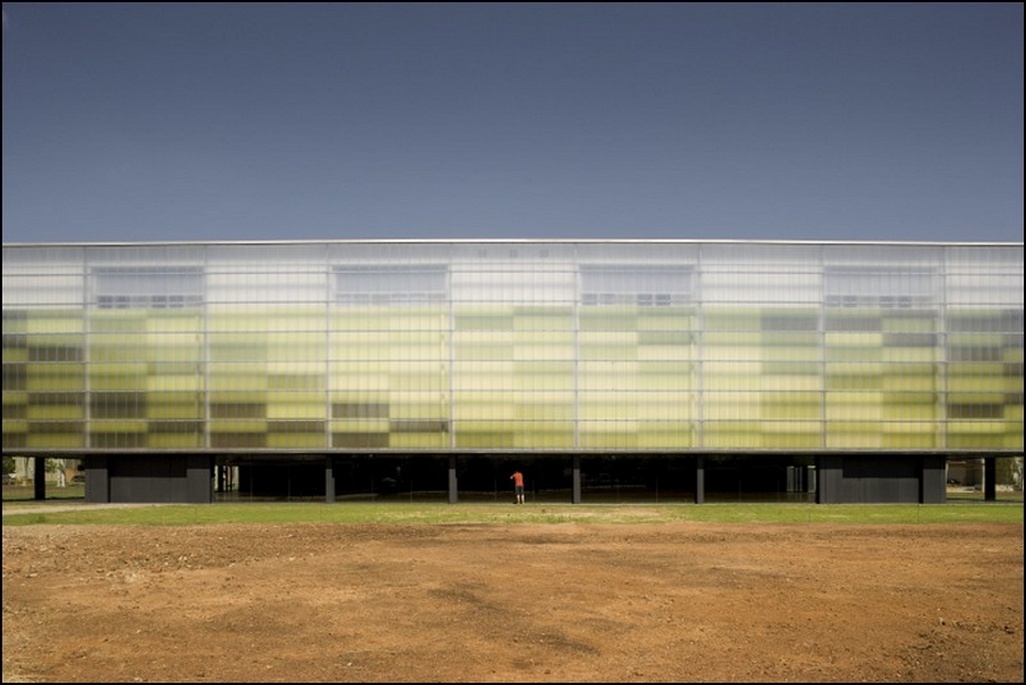
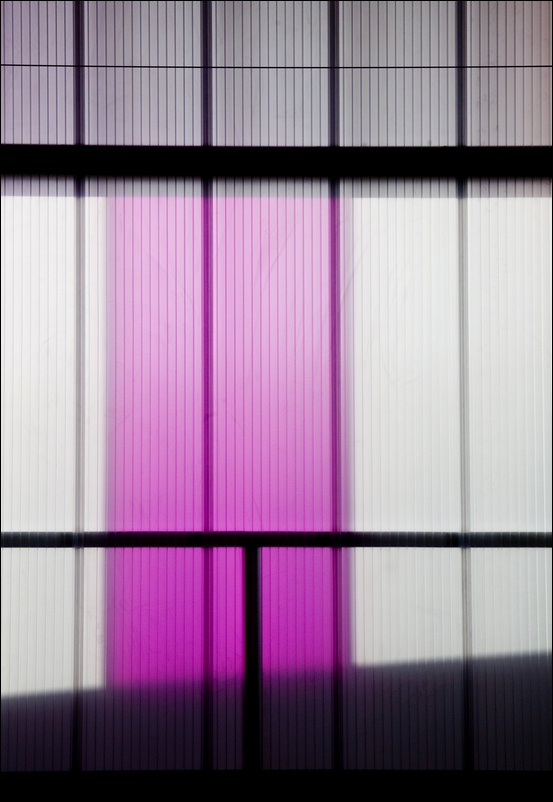
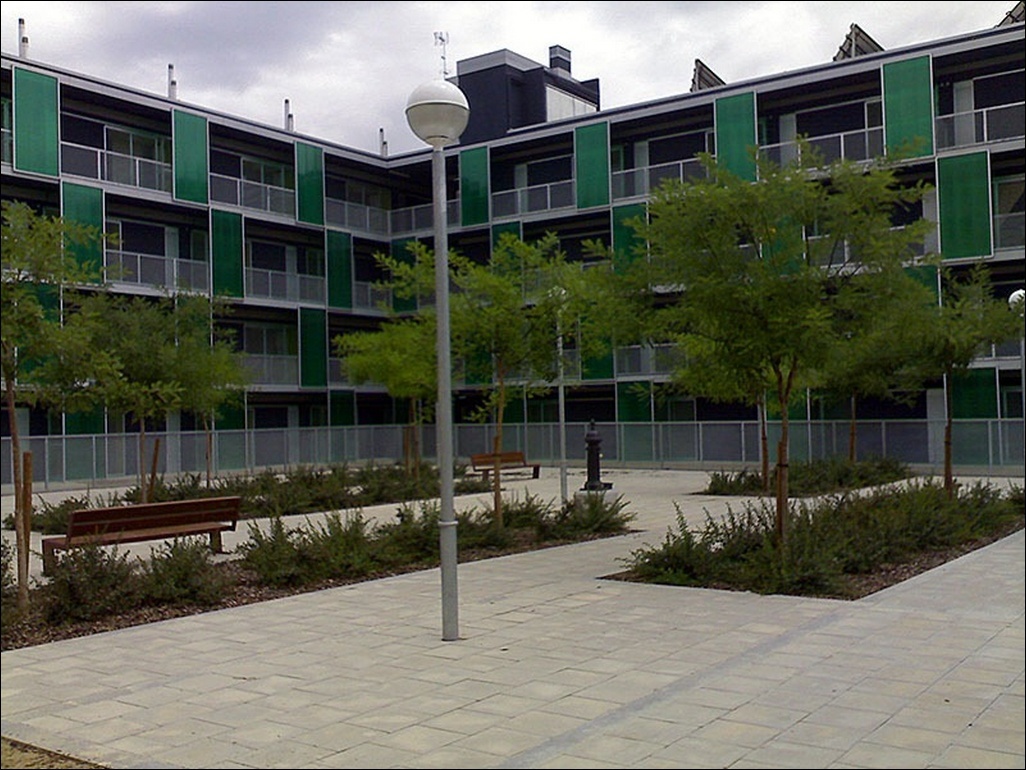
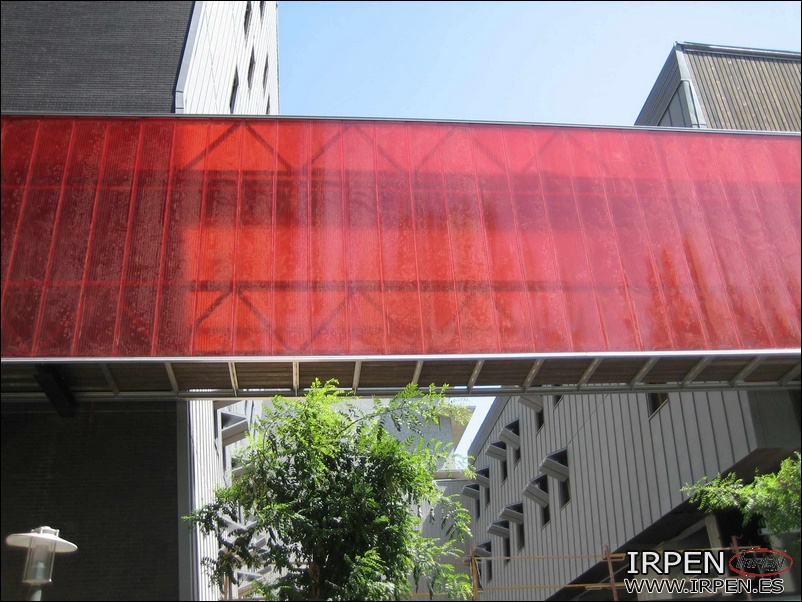
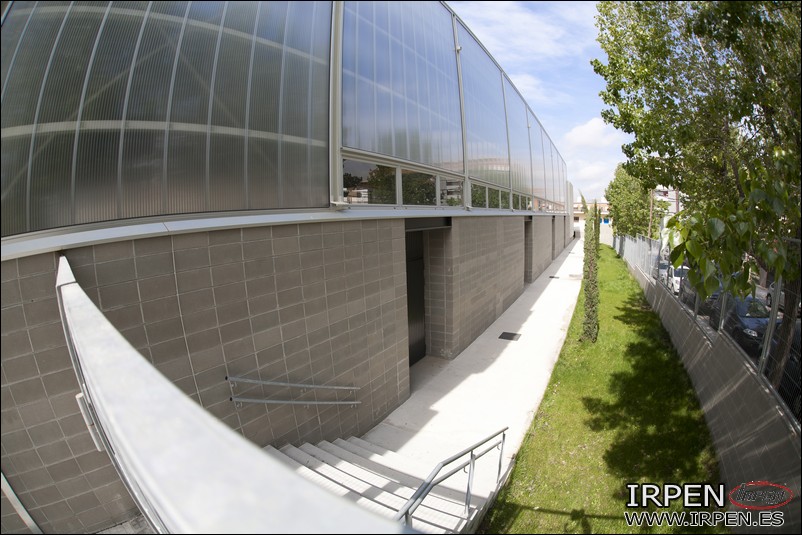
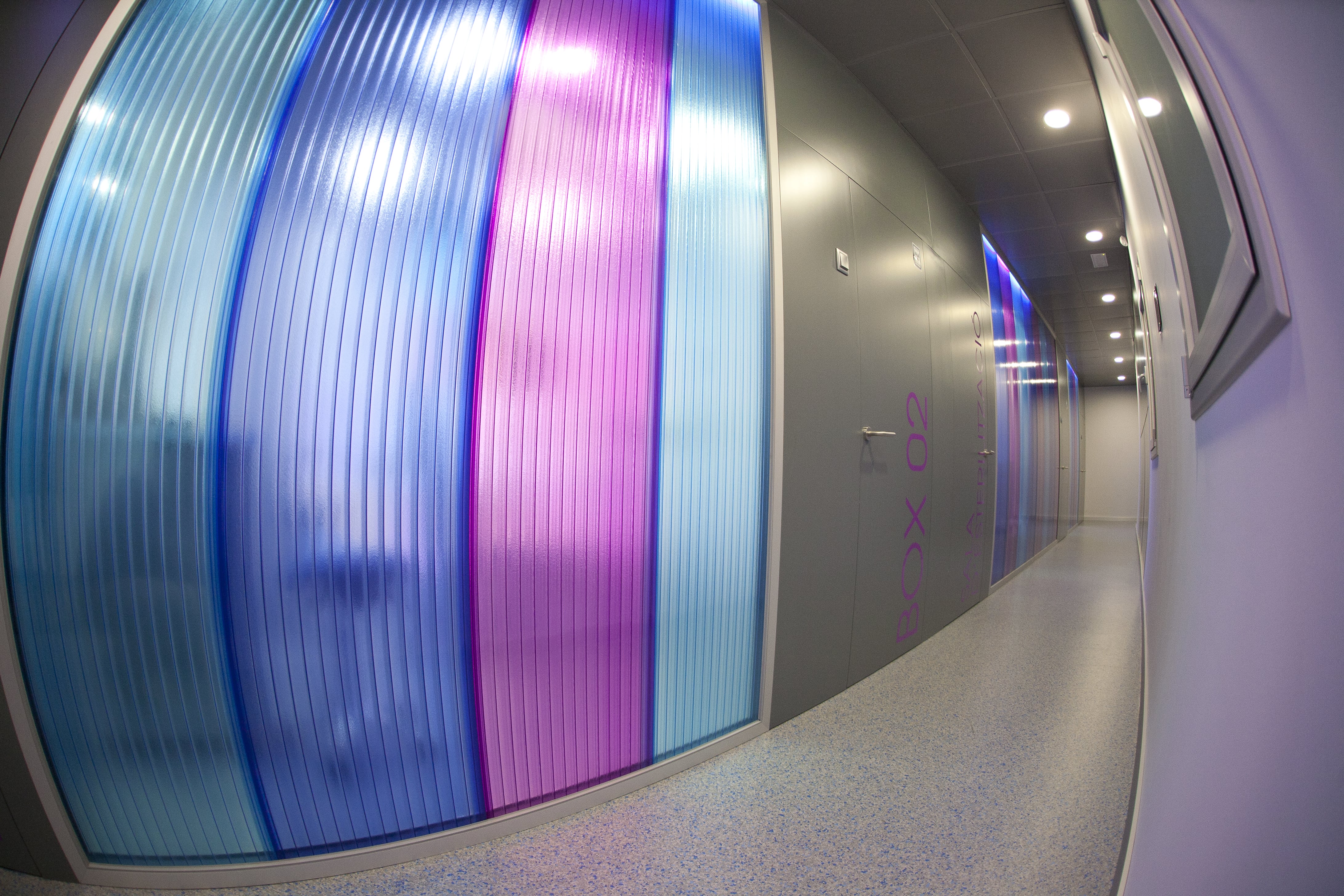
.jpg)
